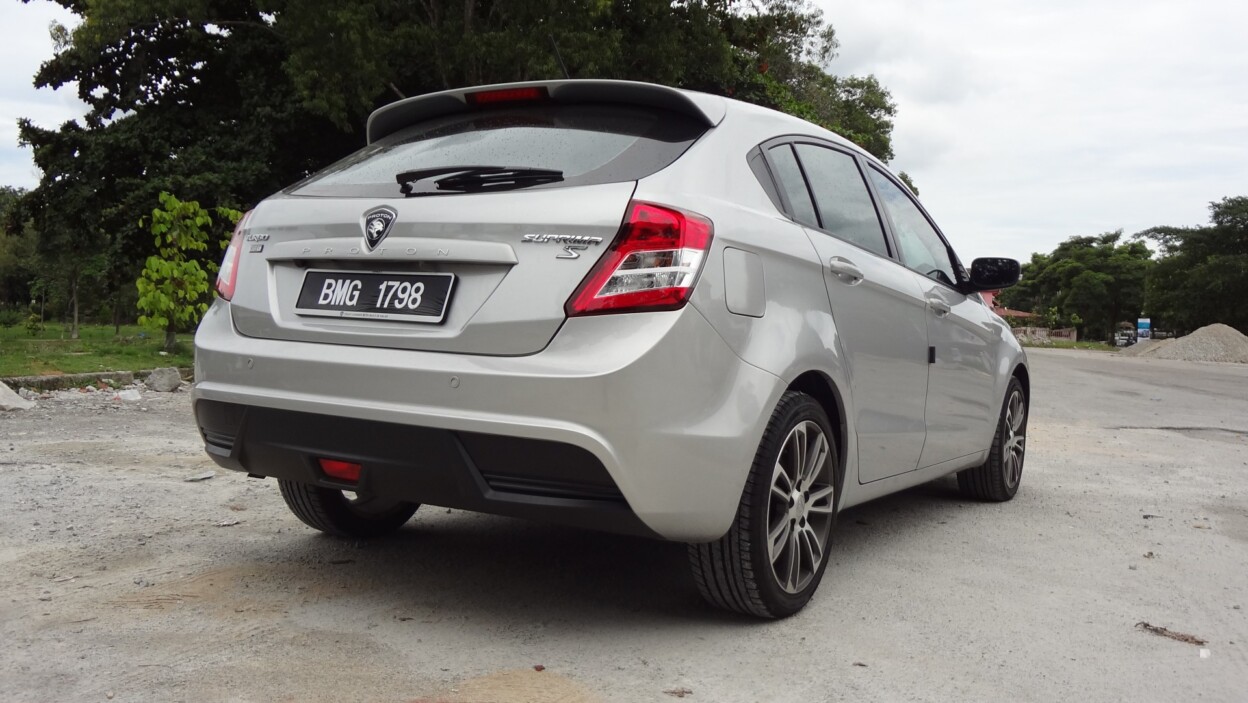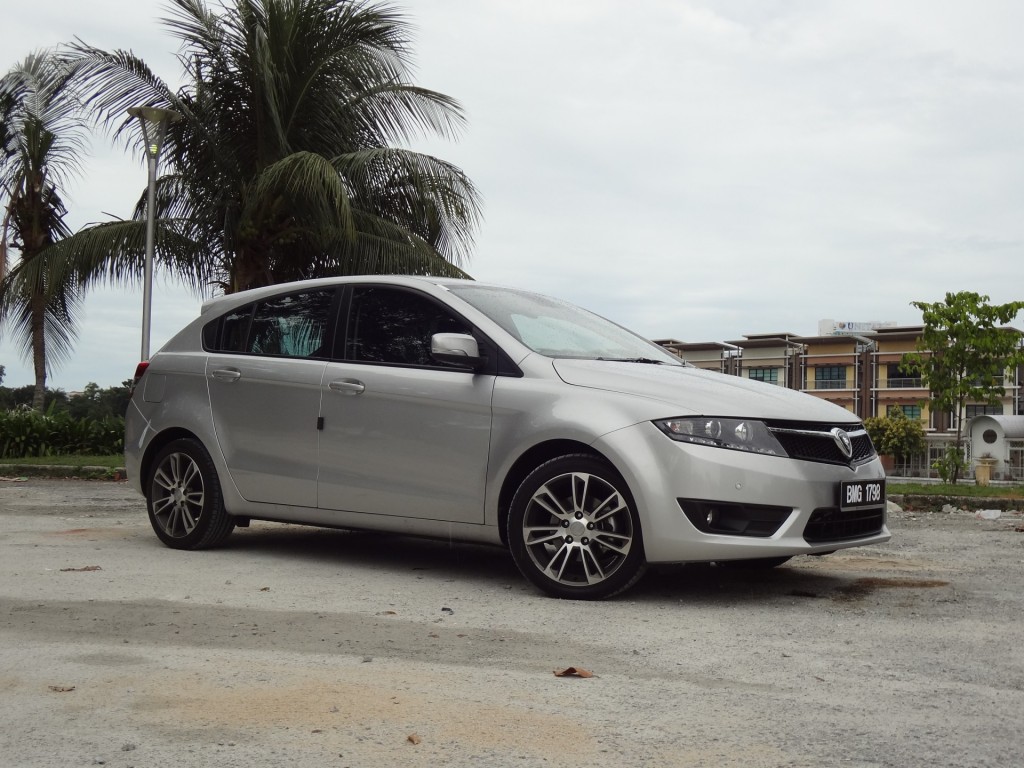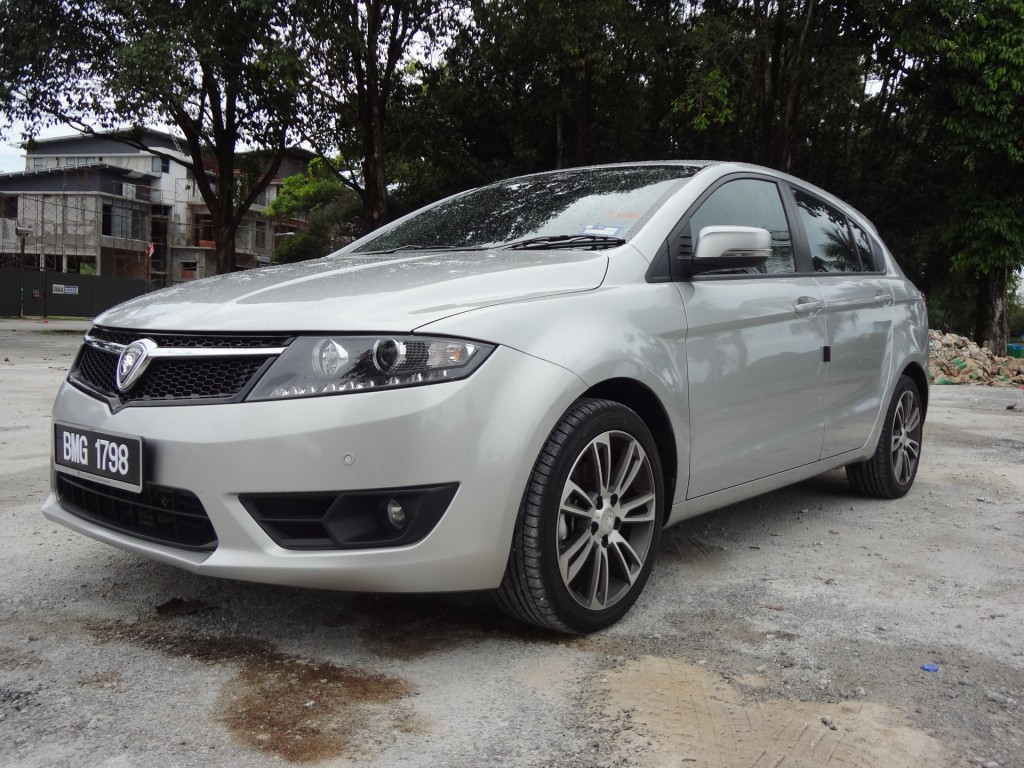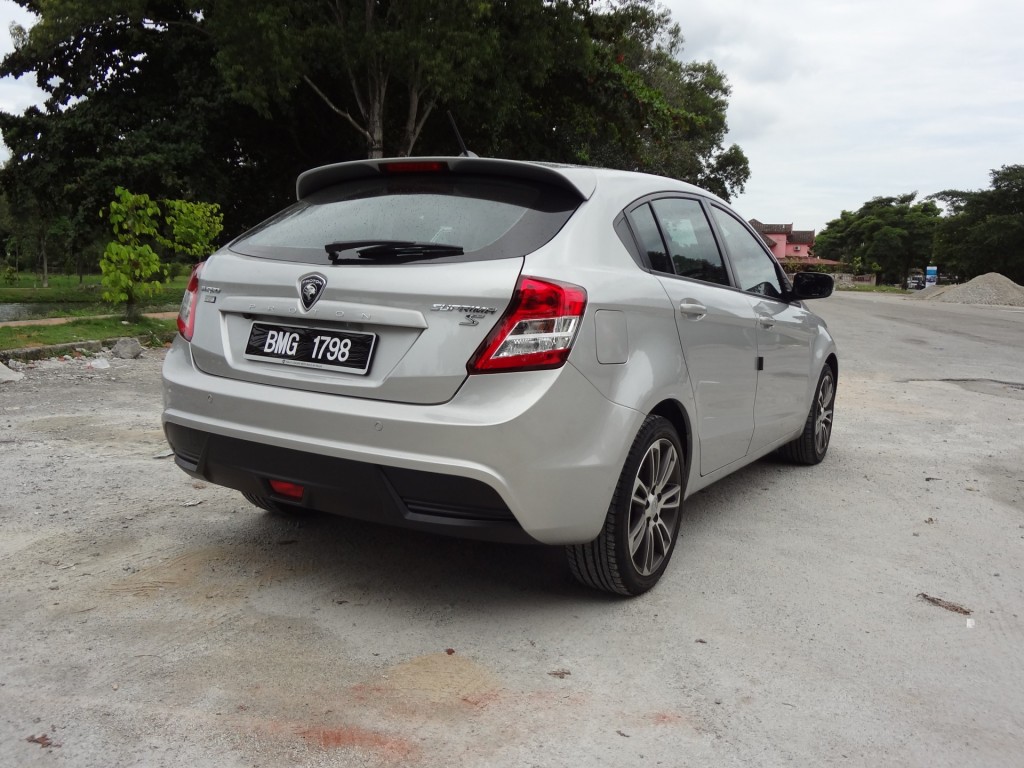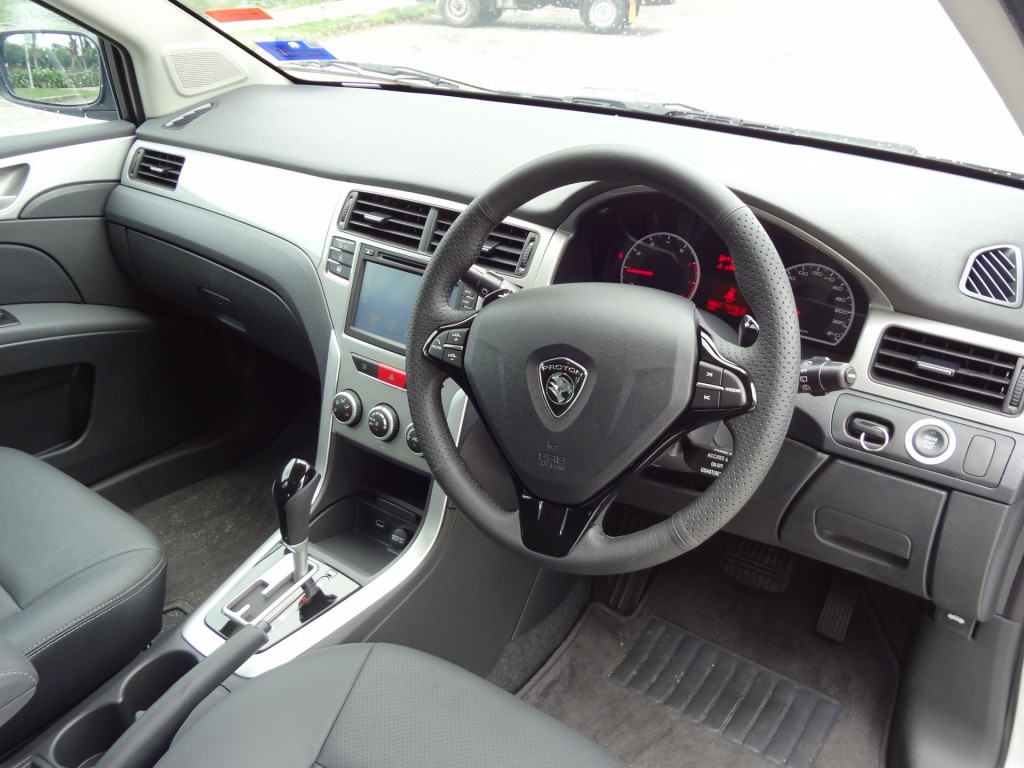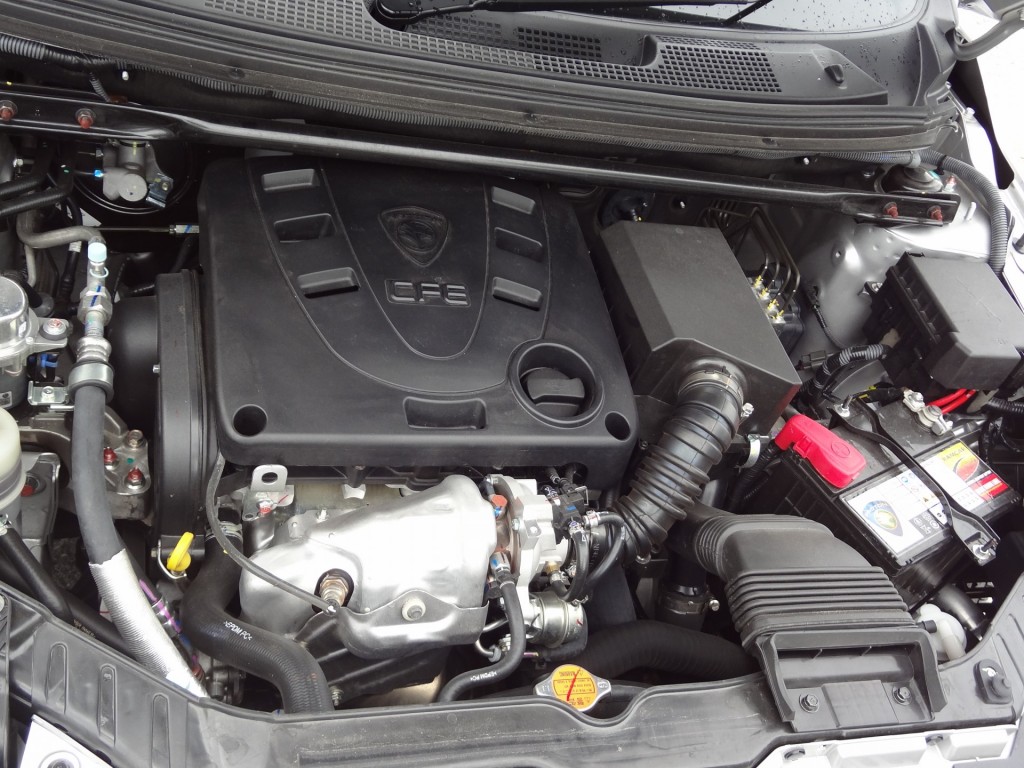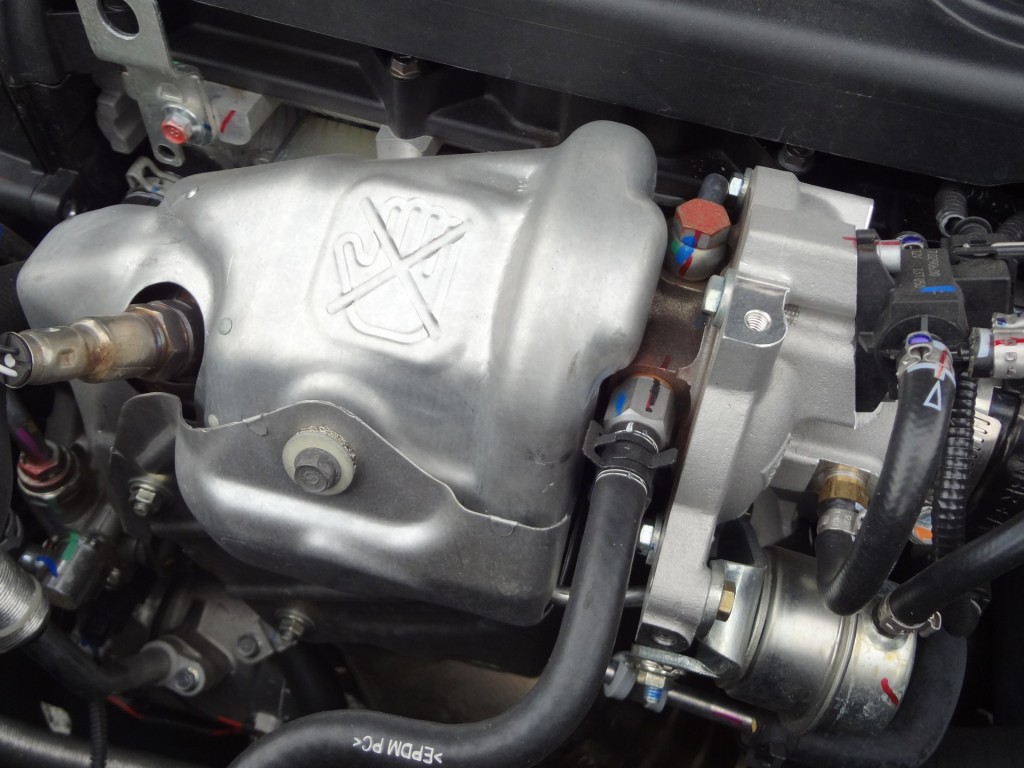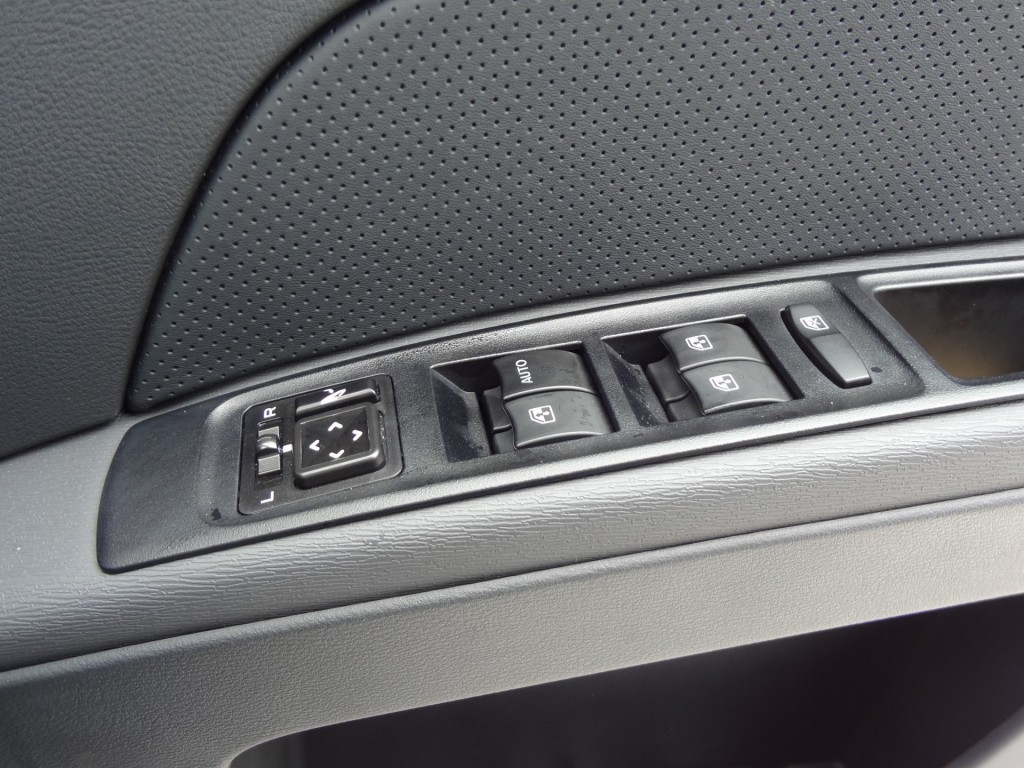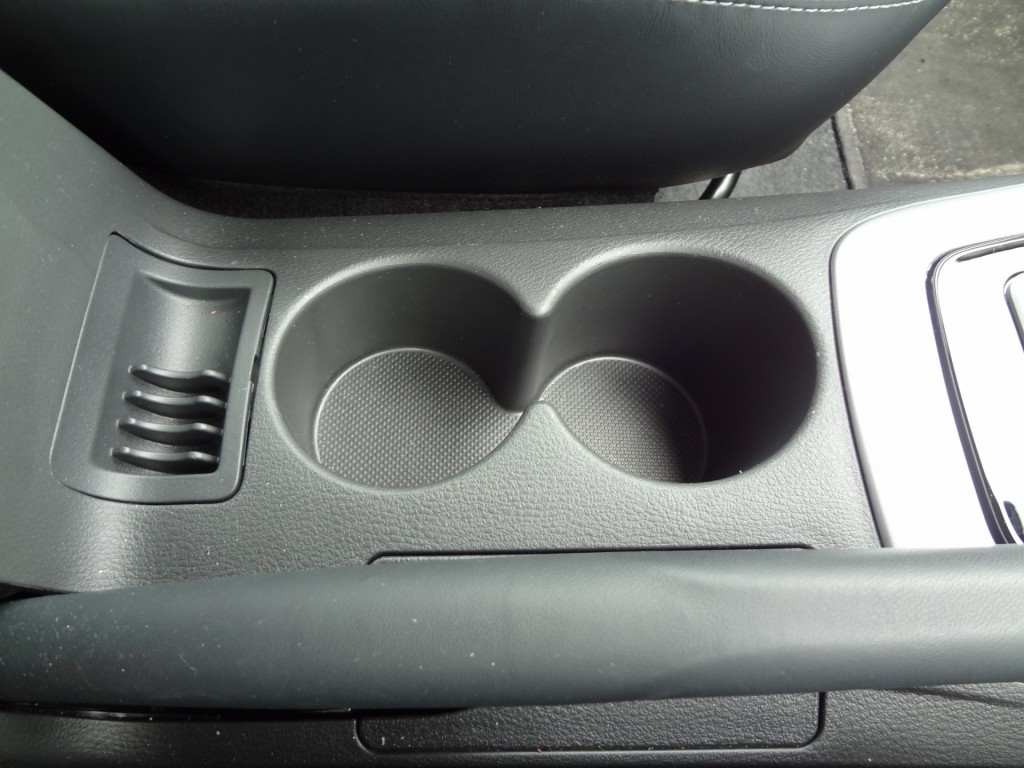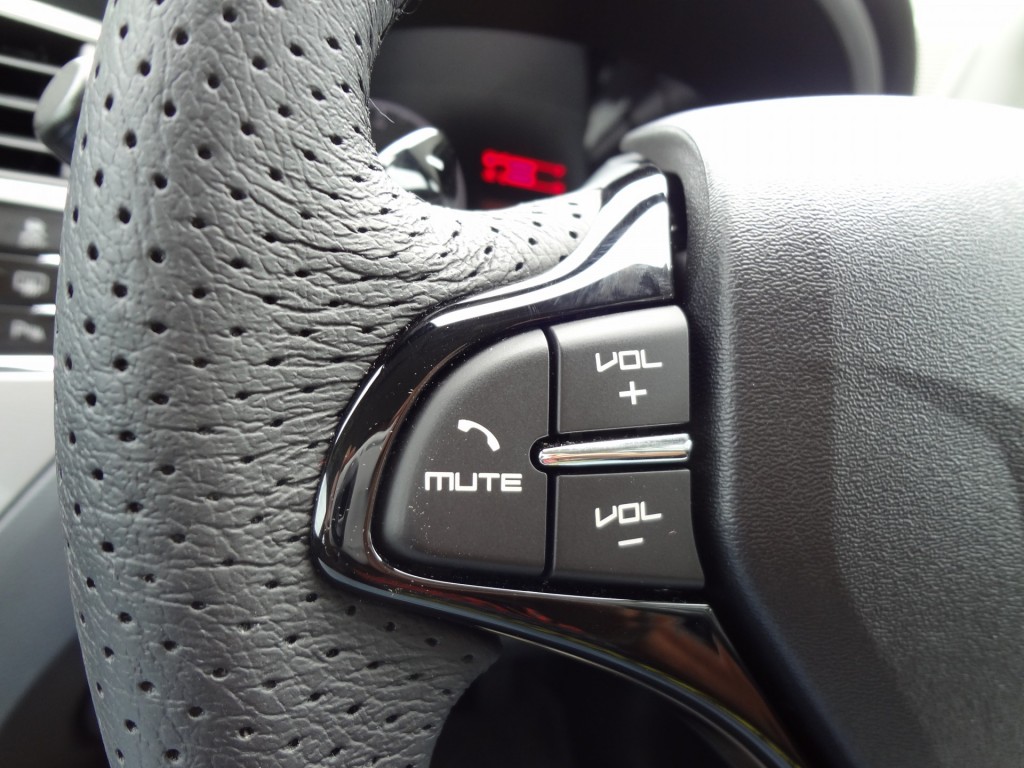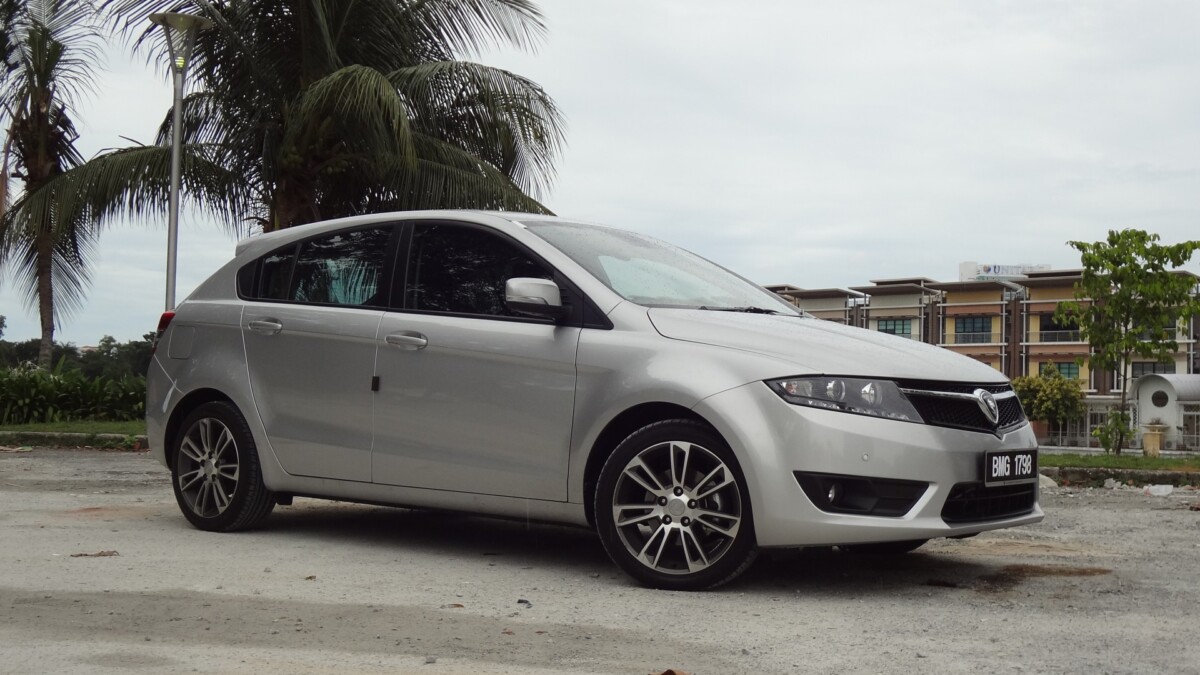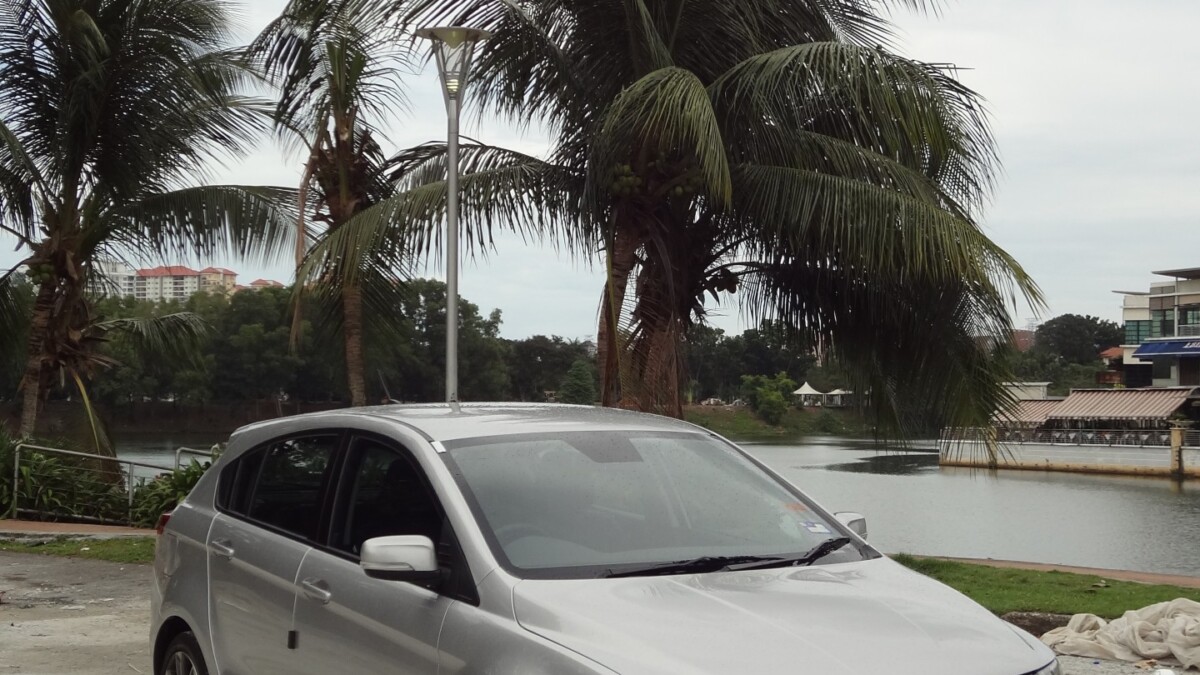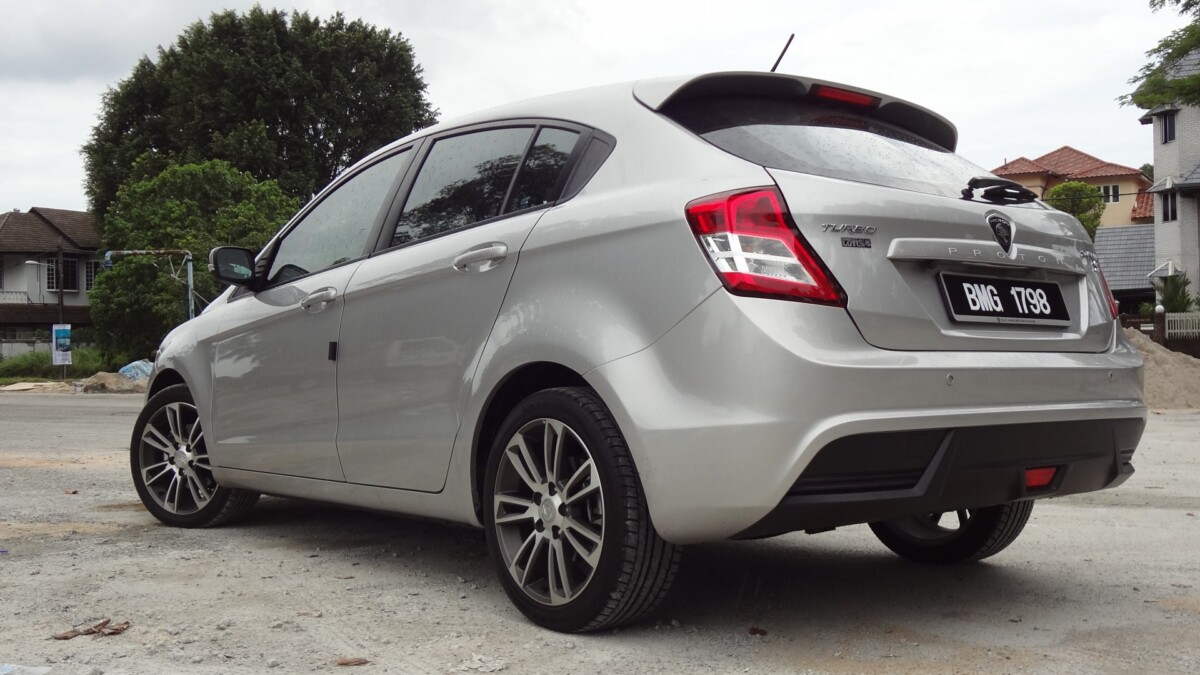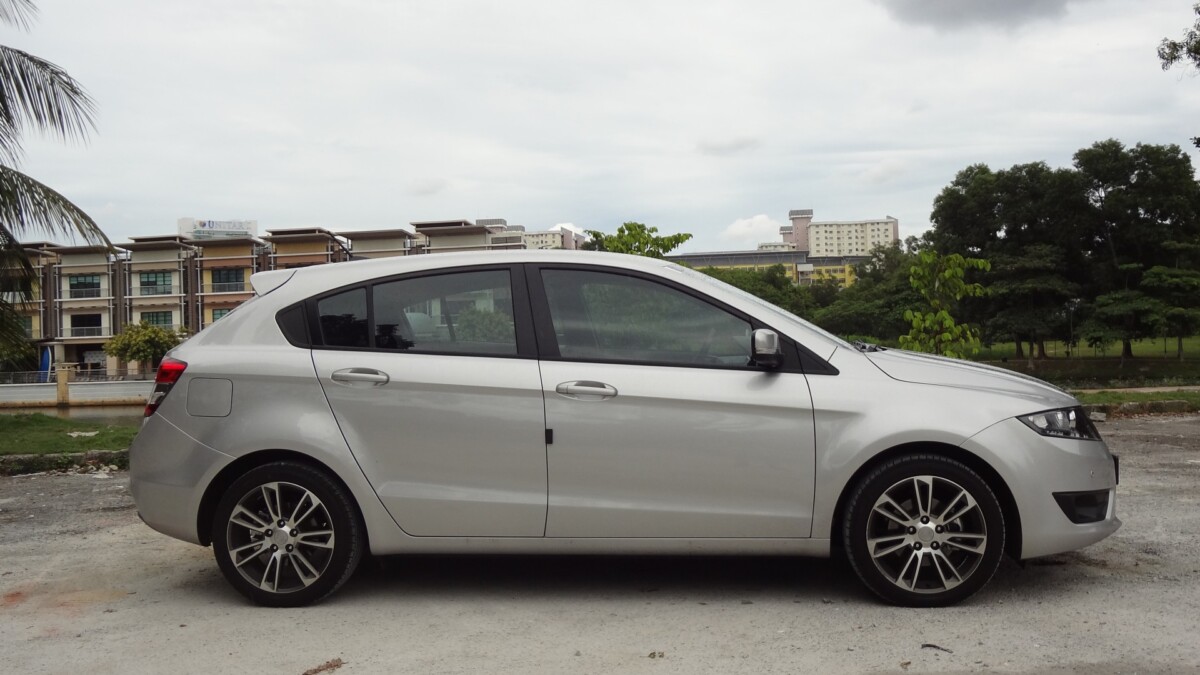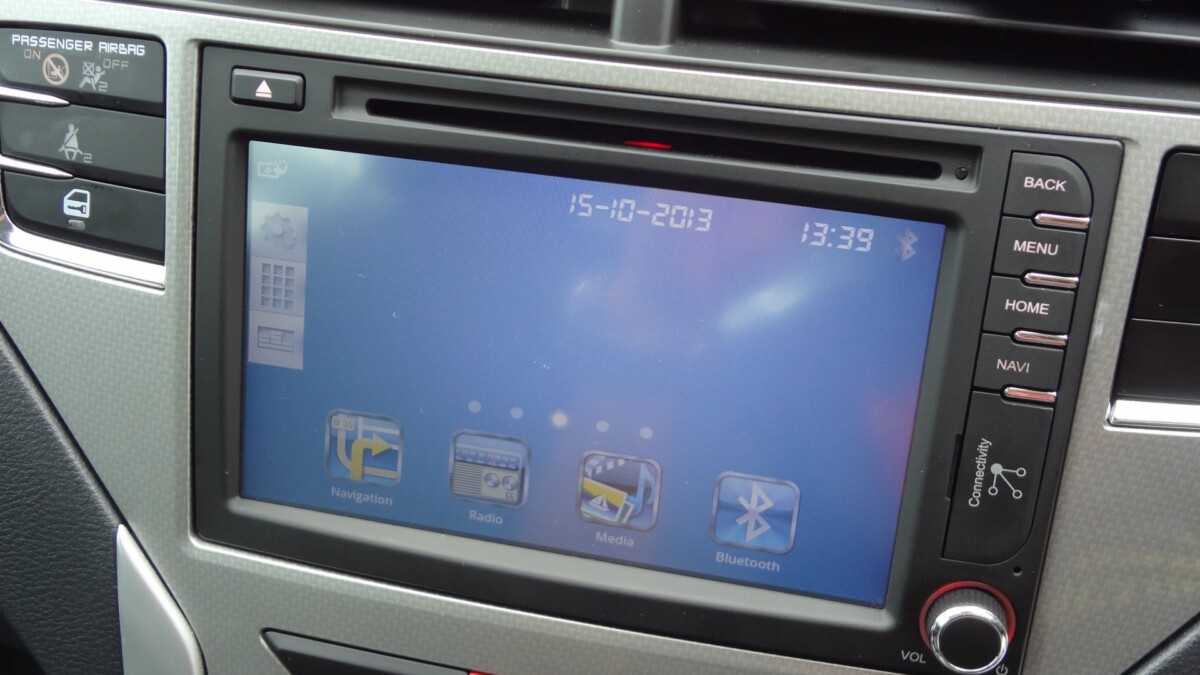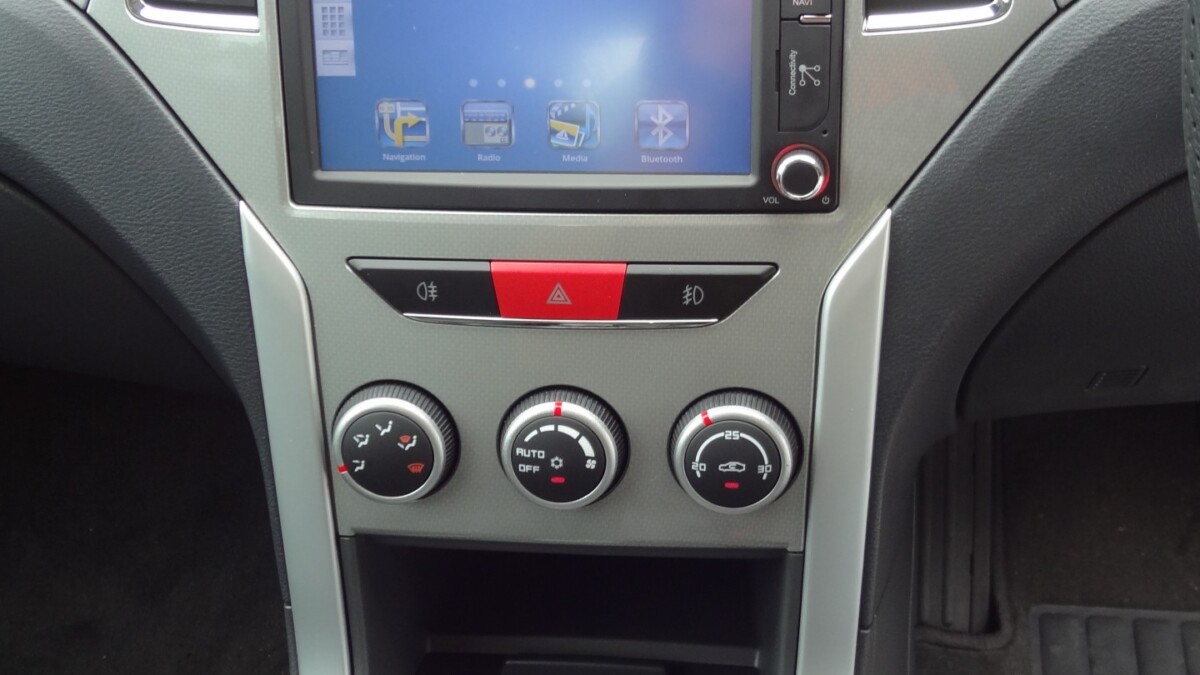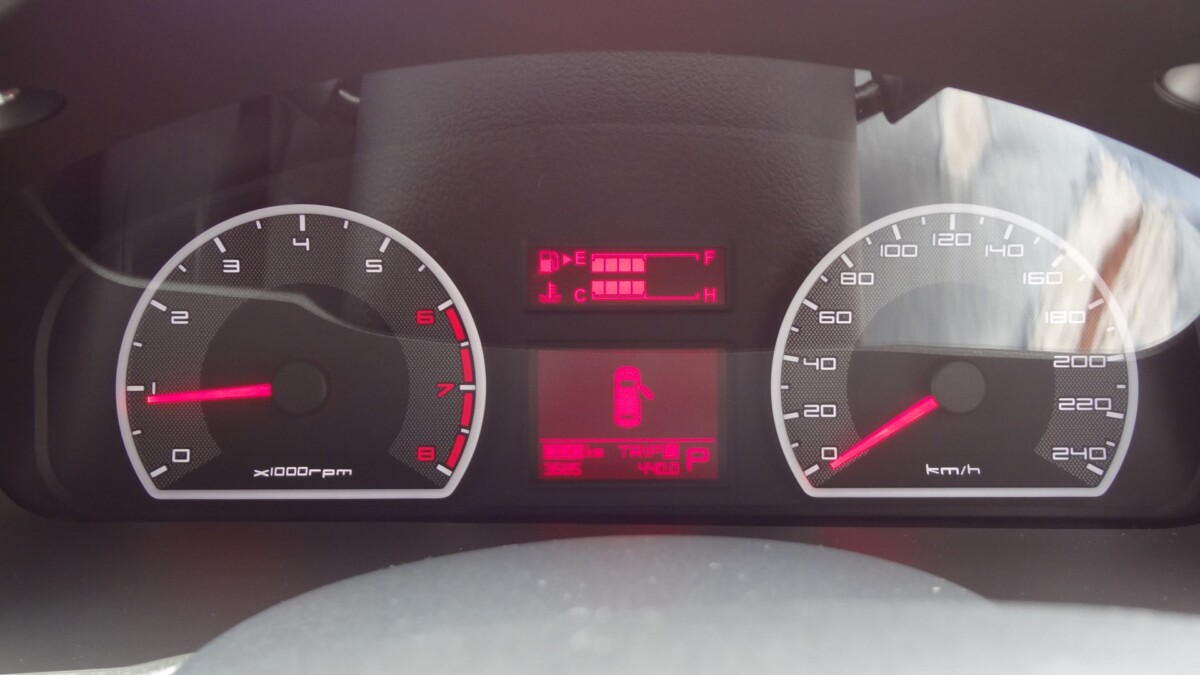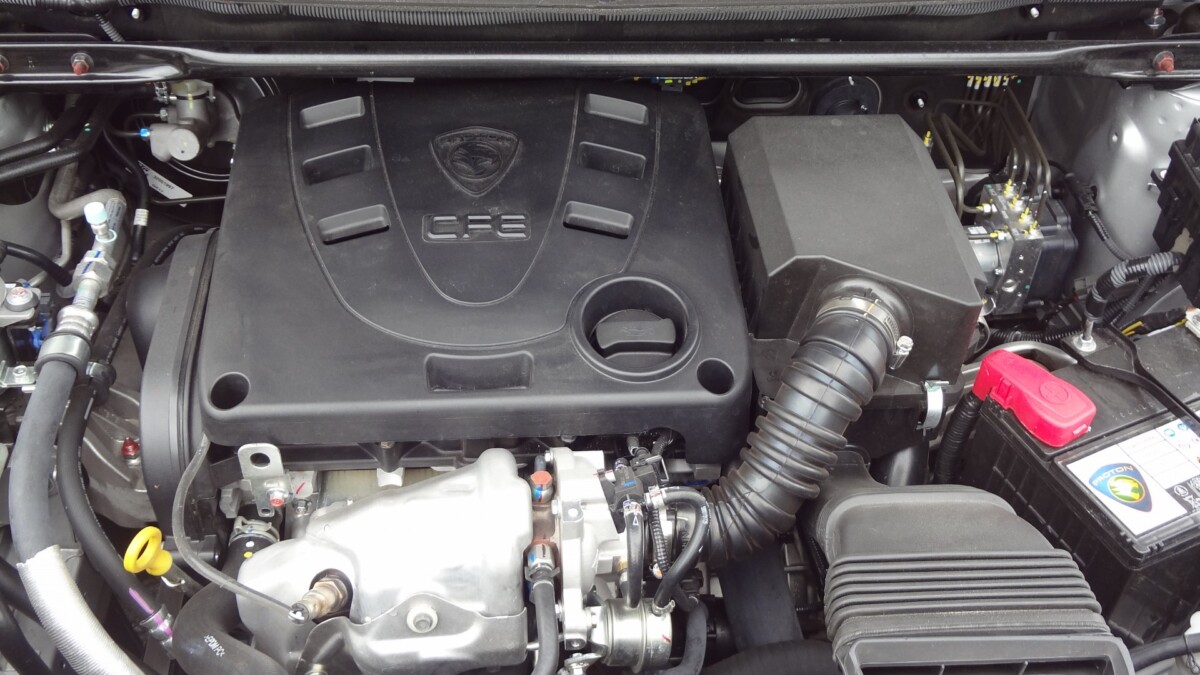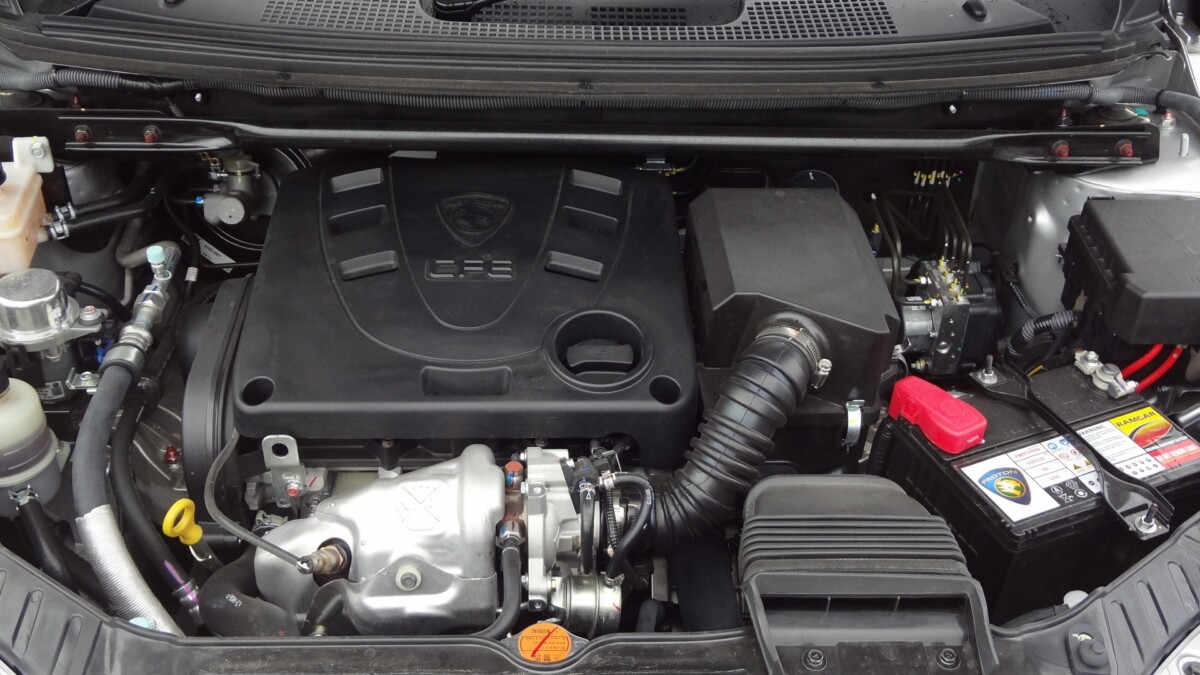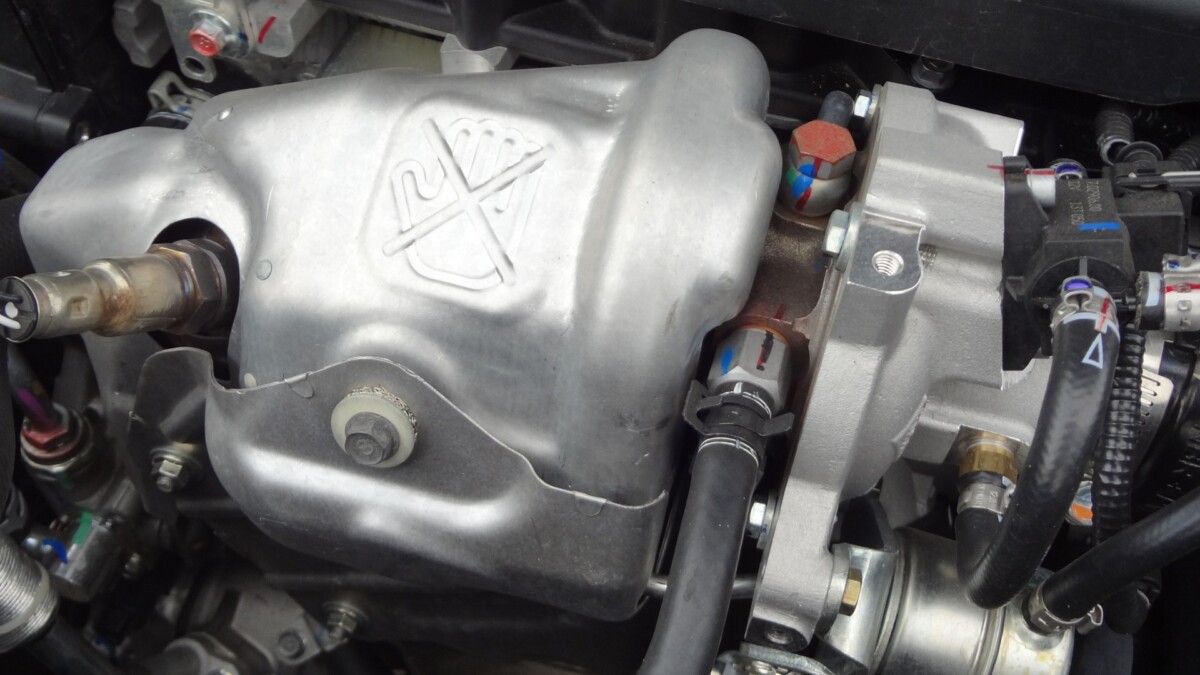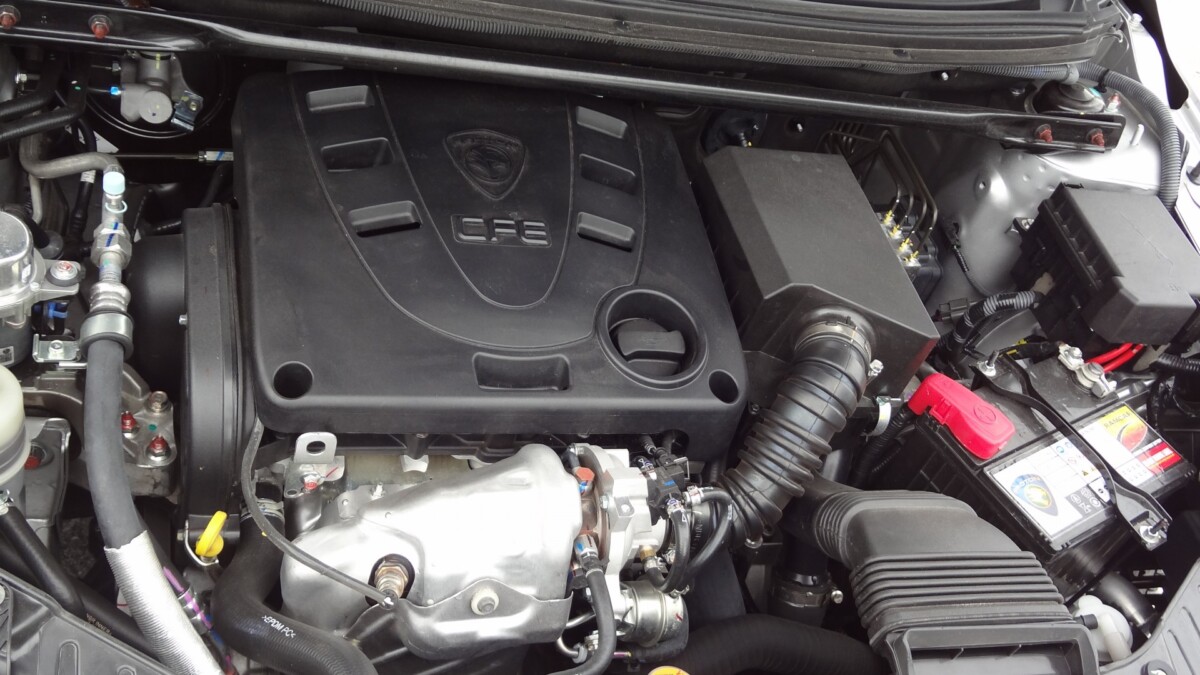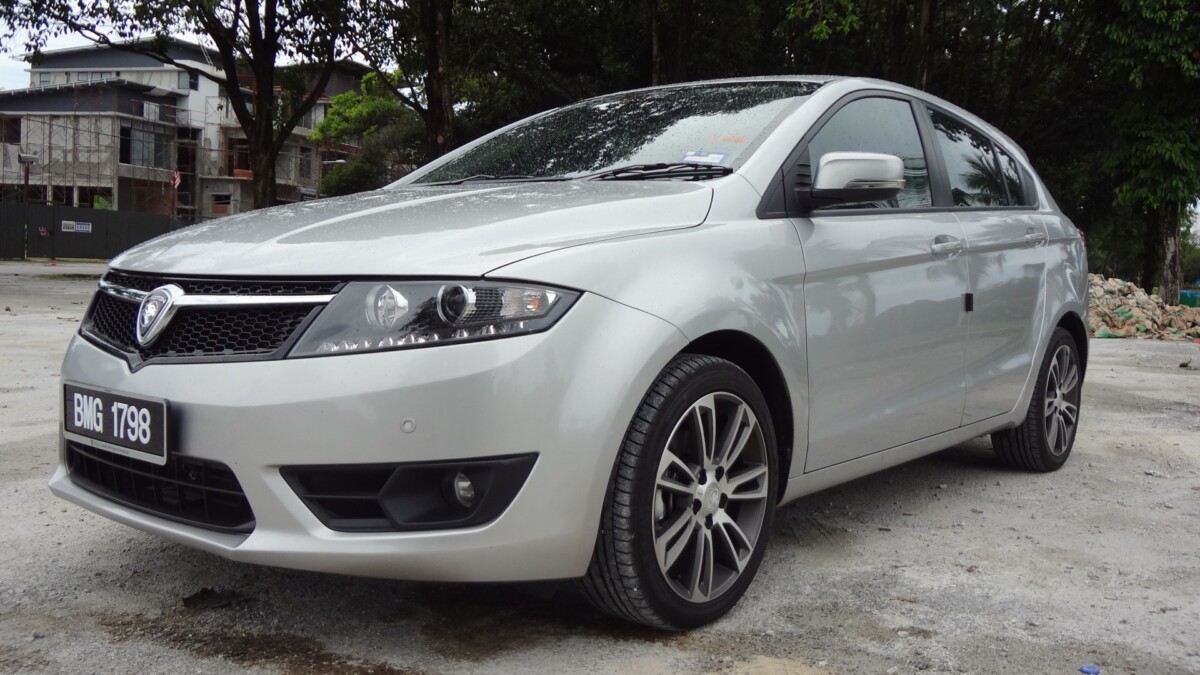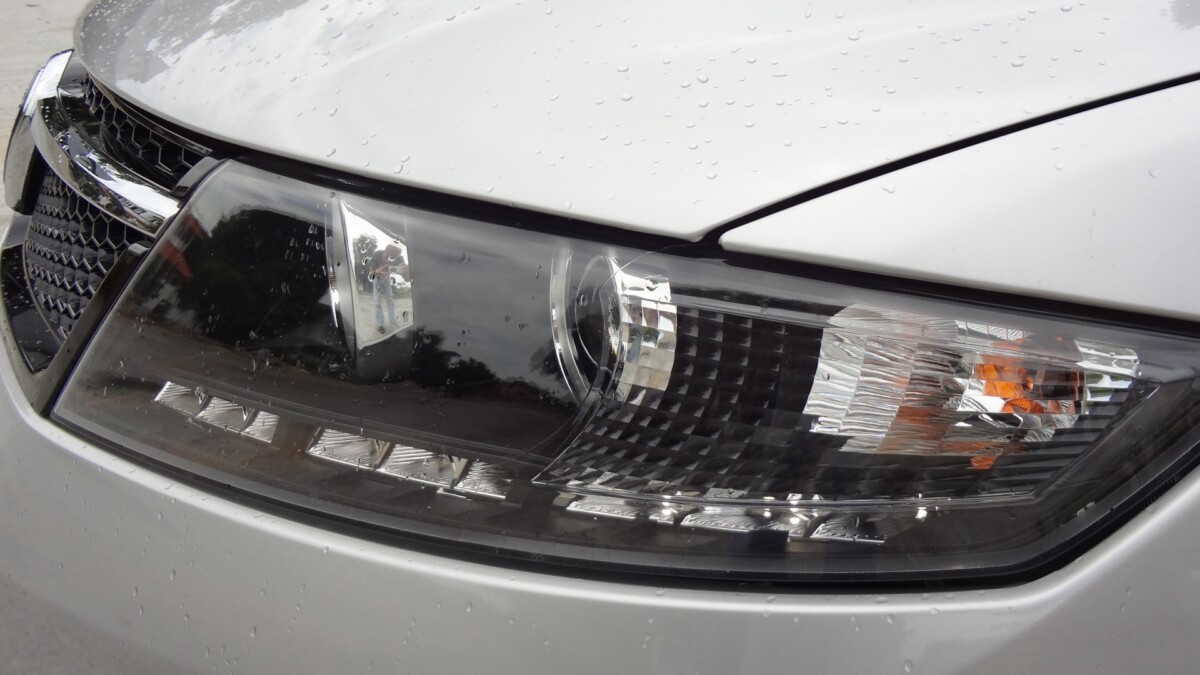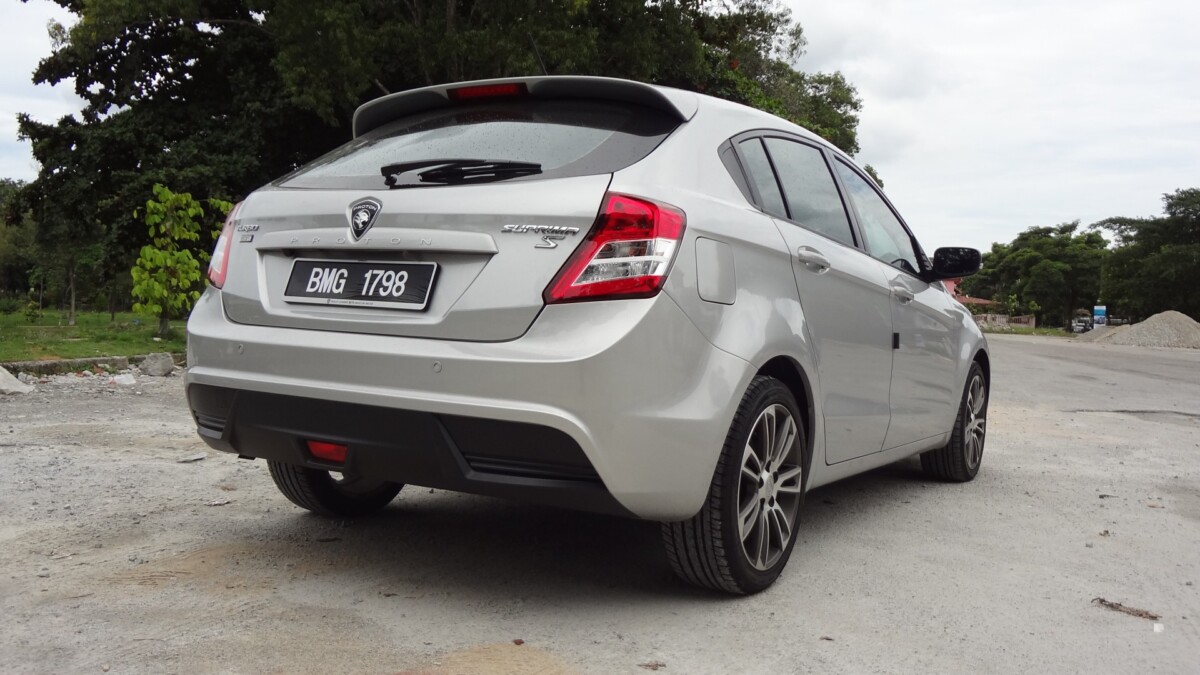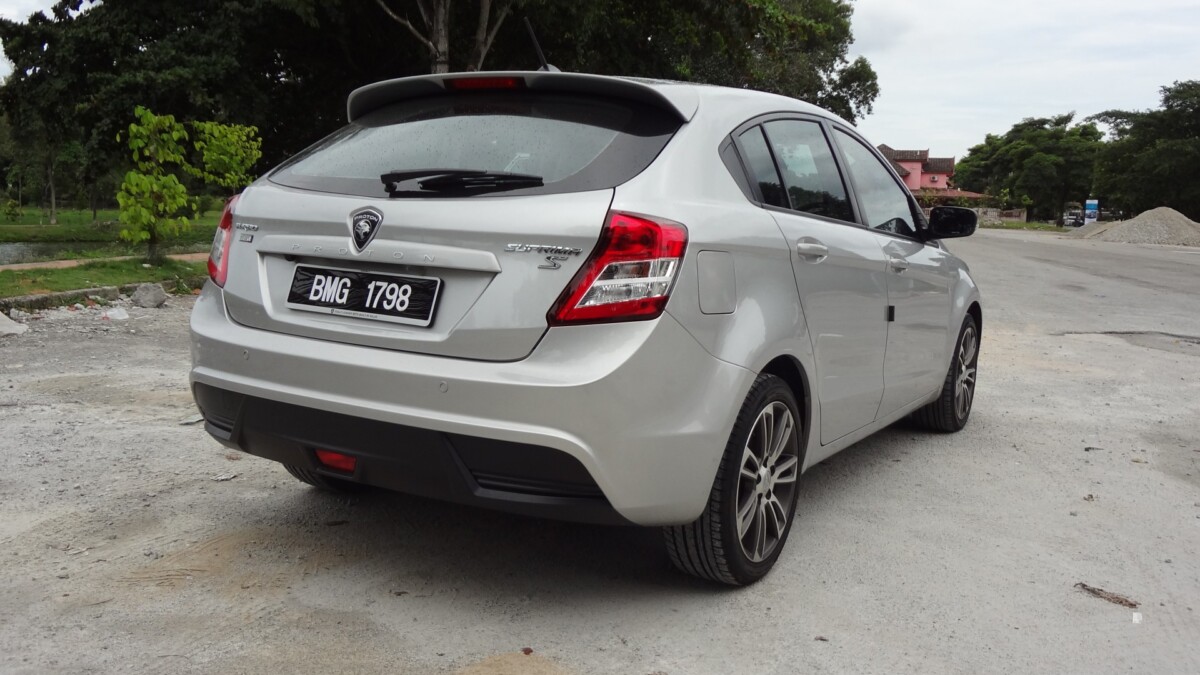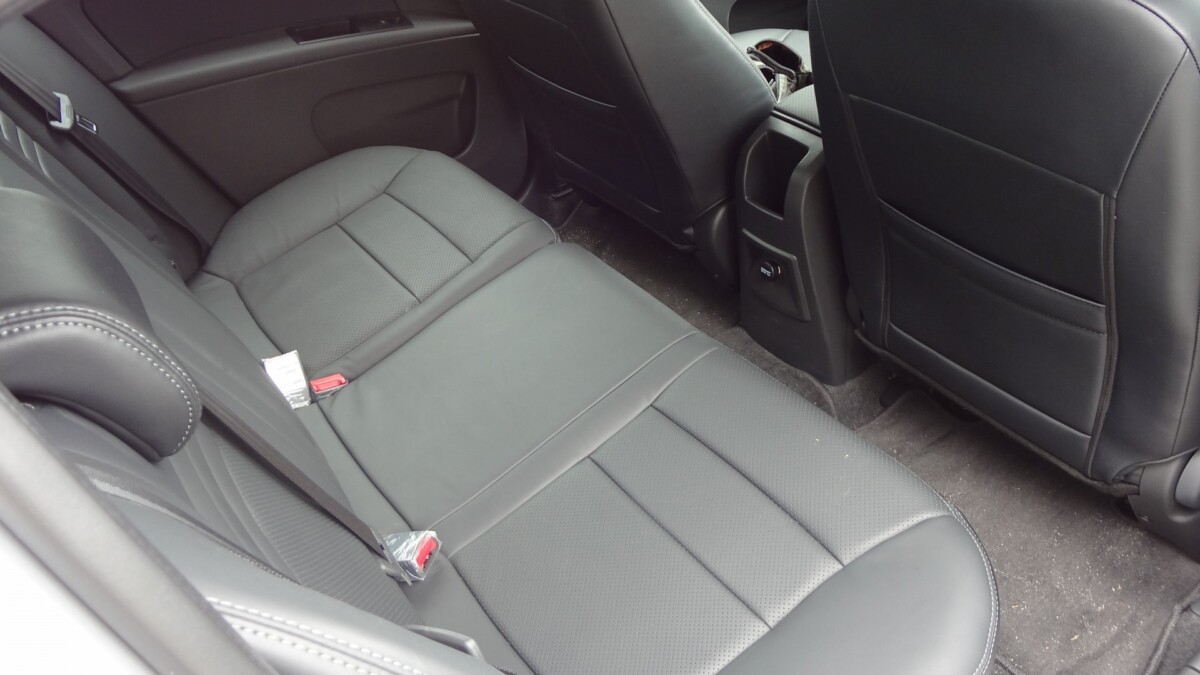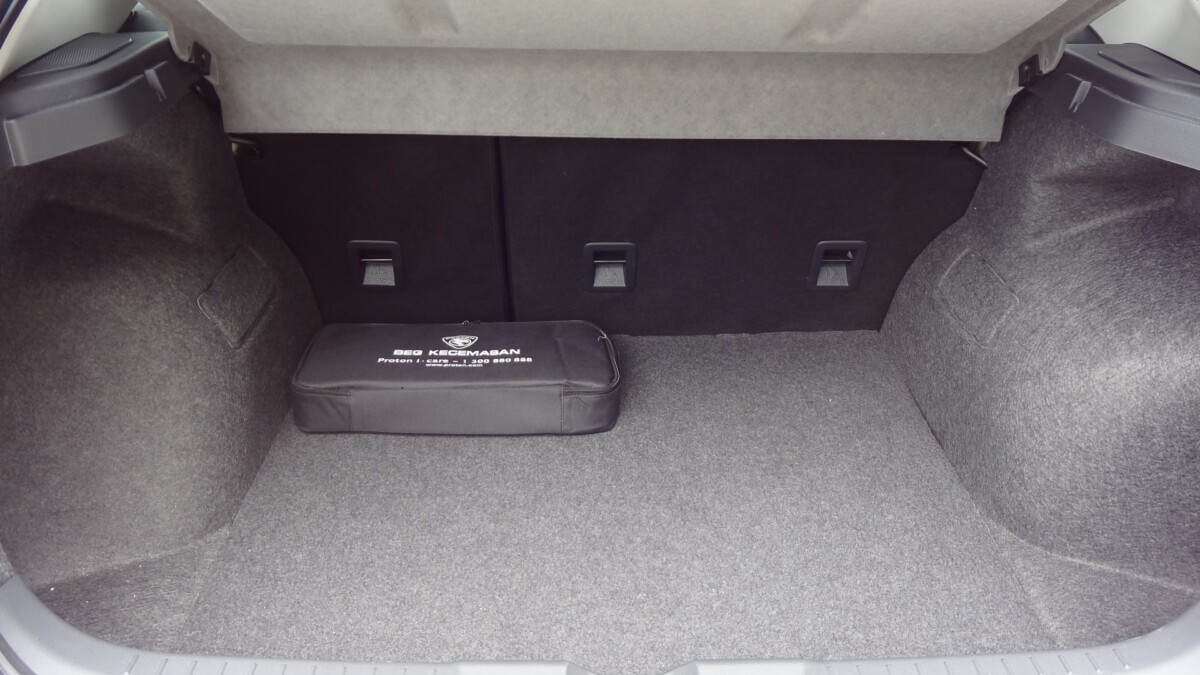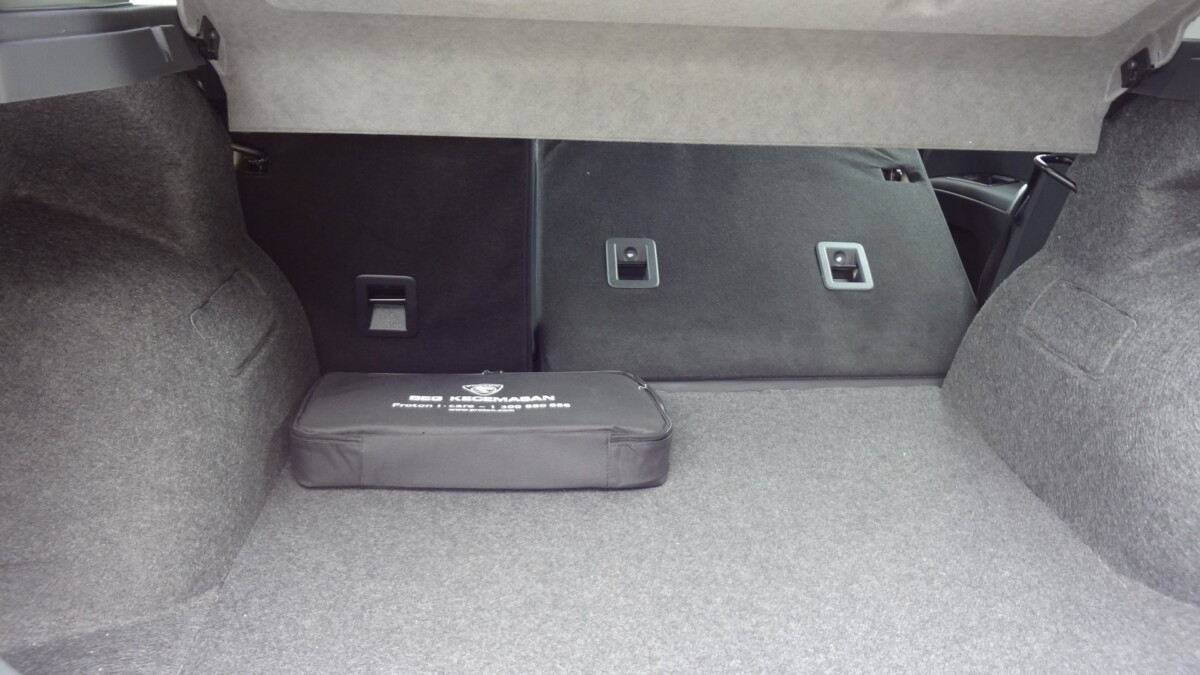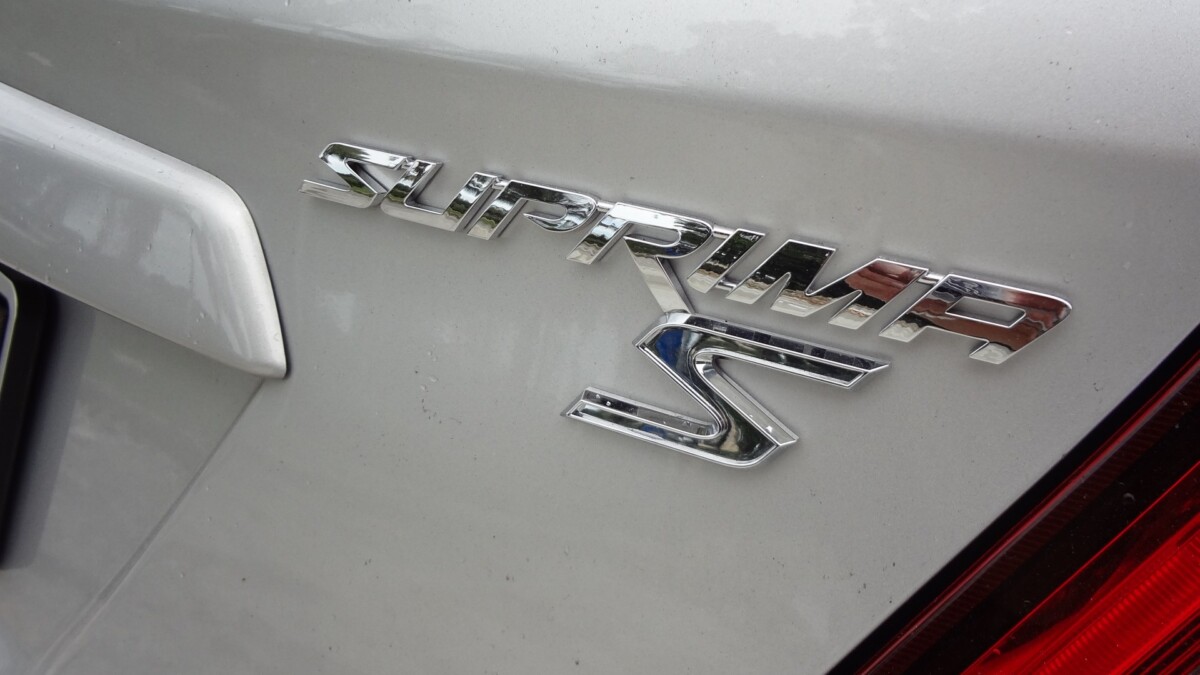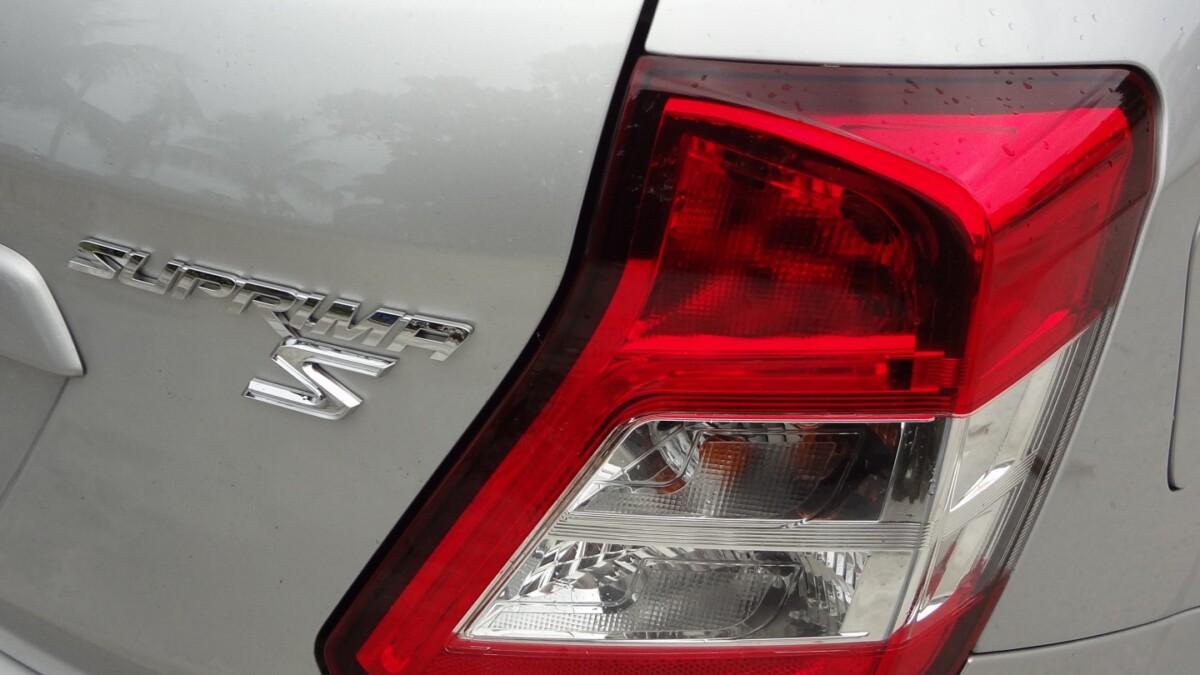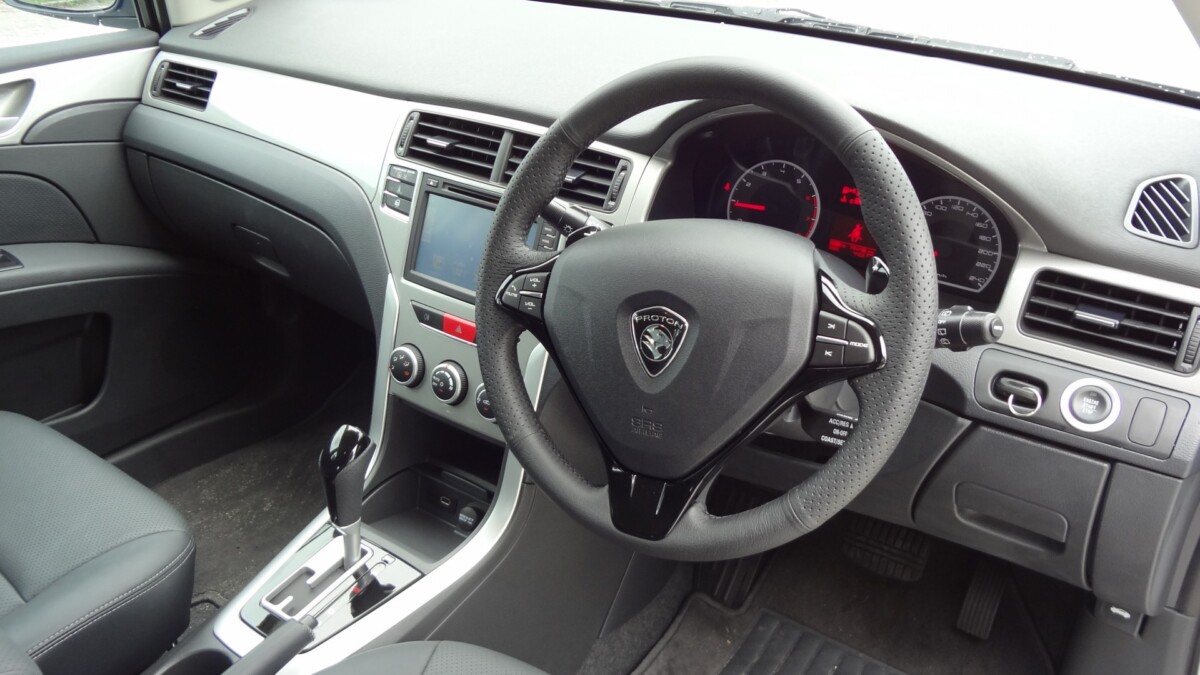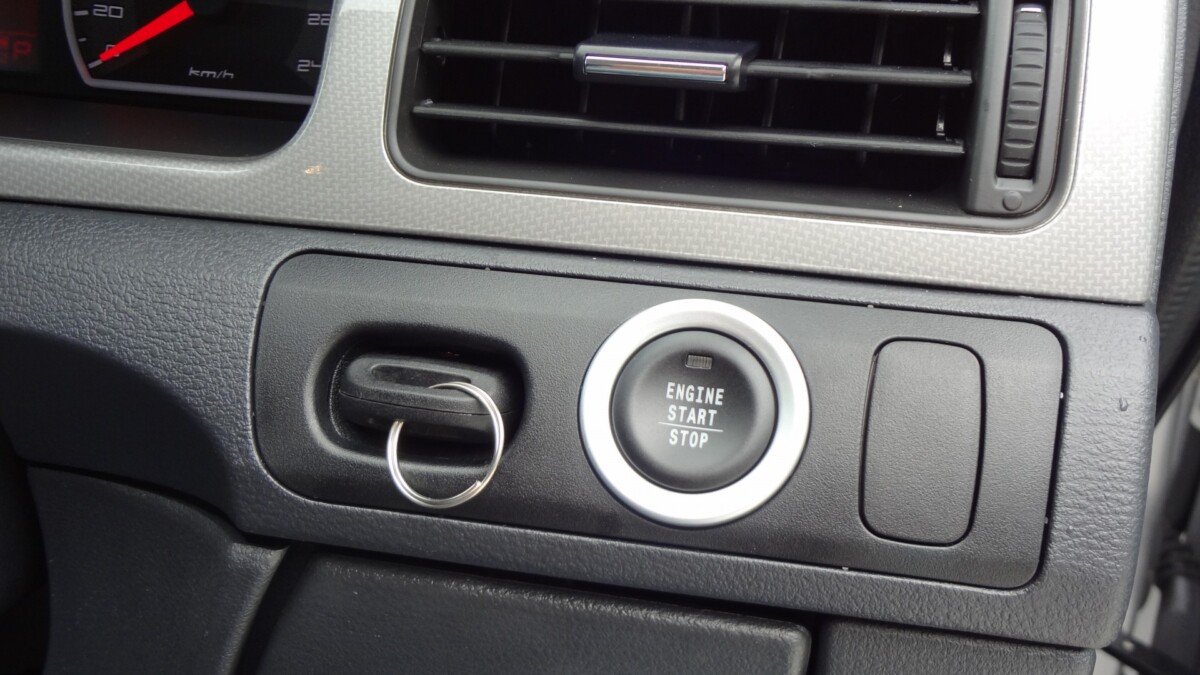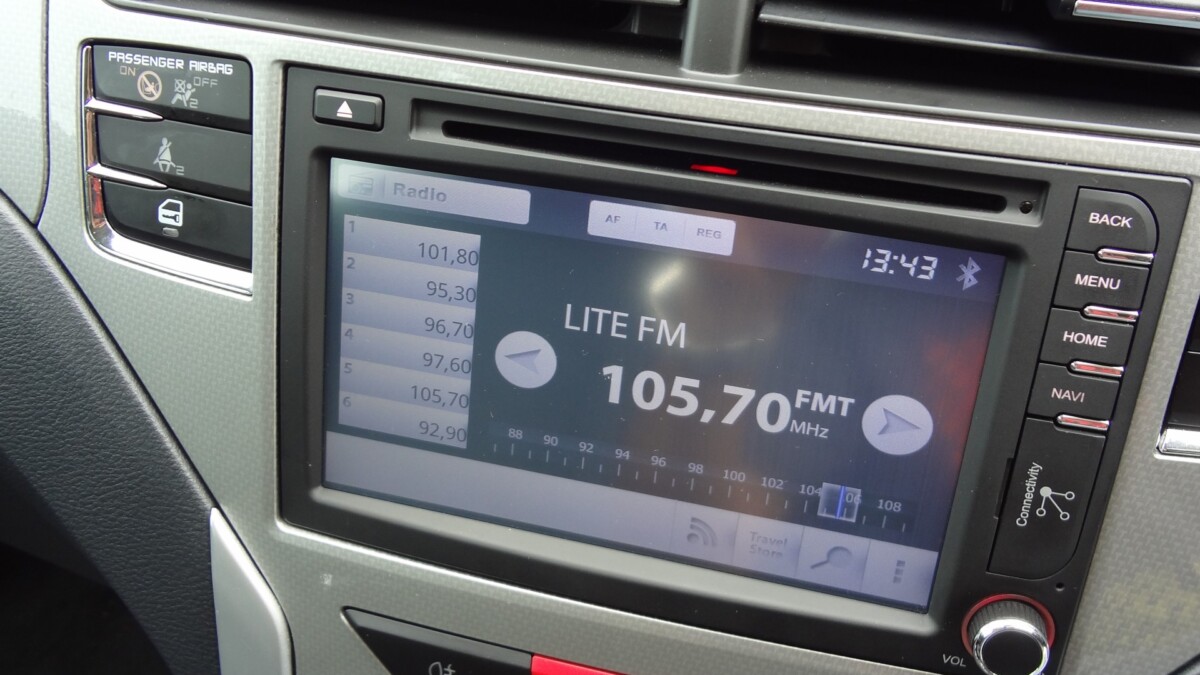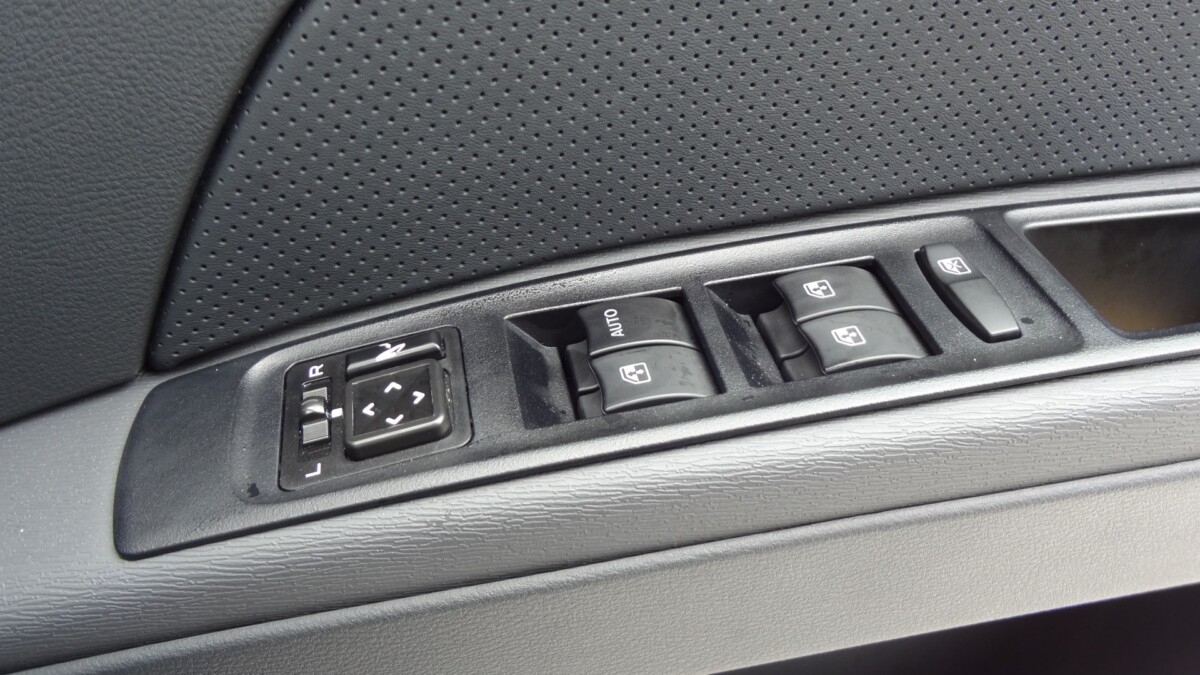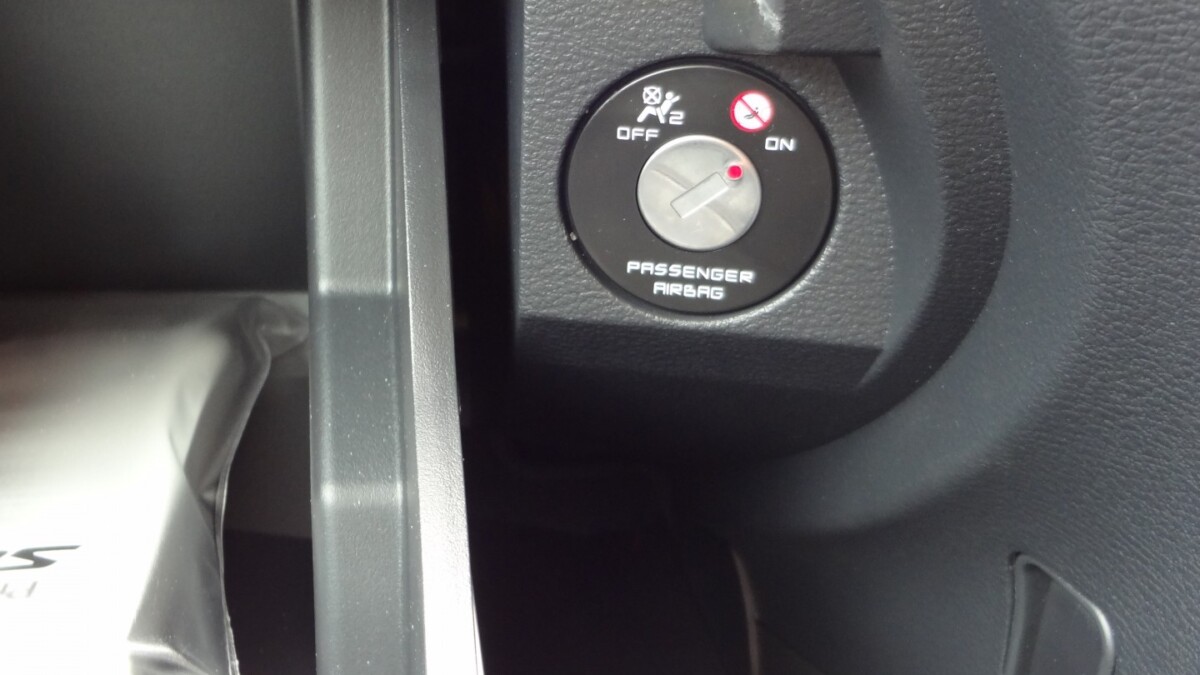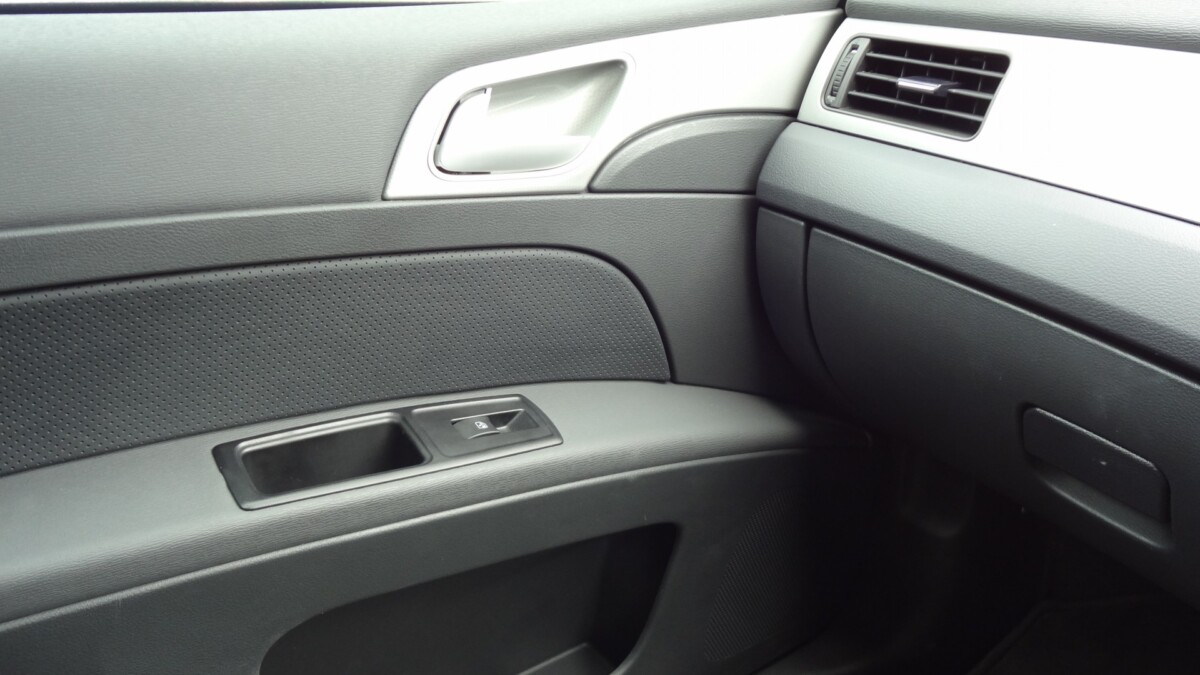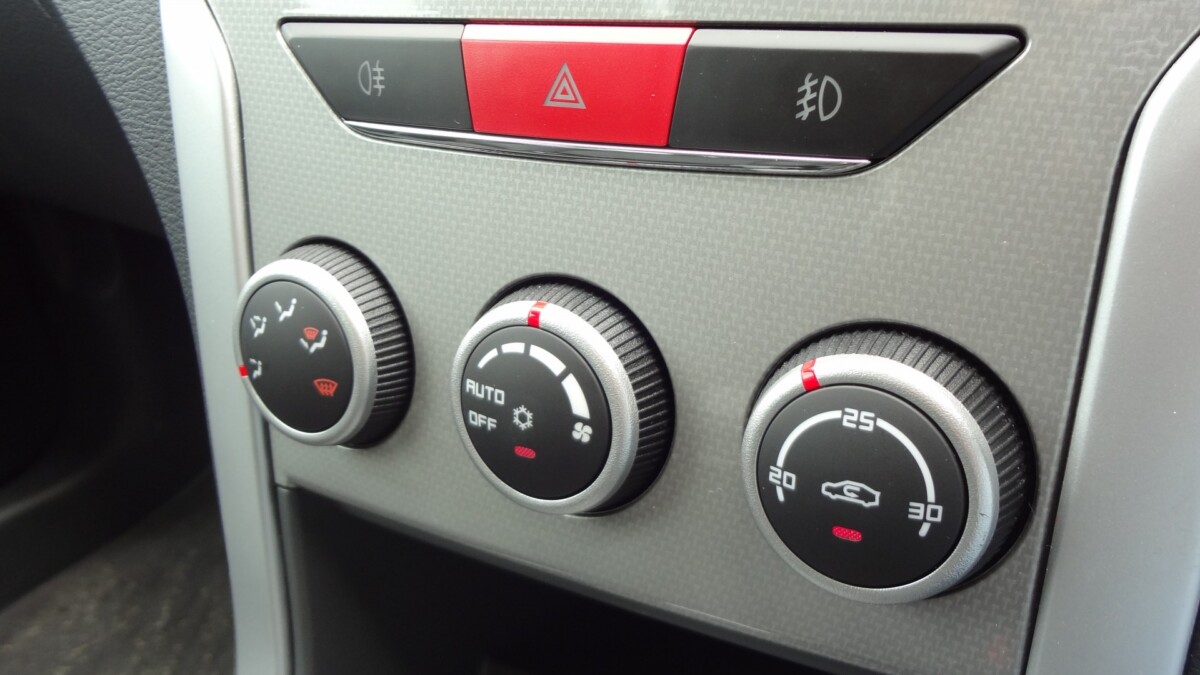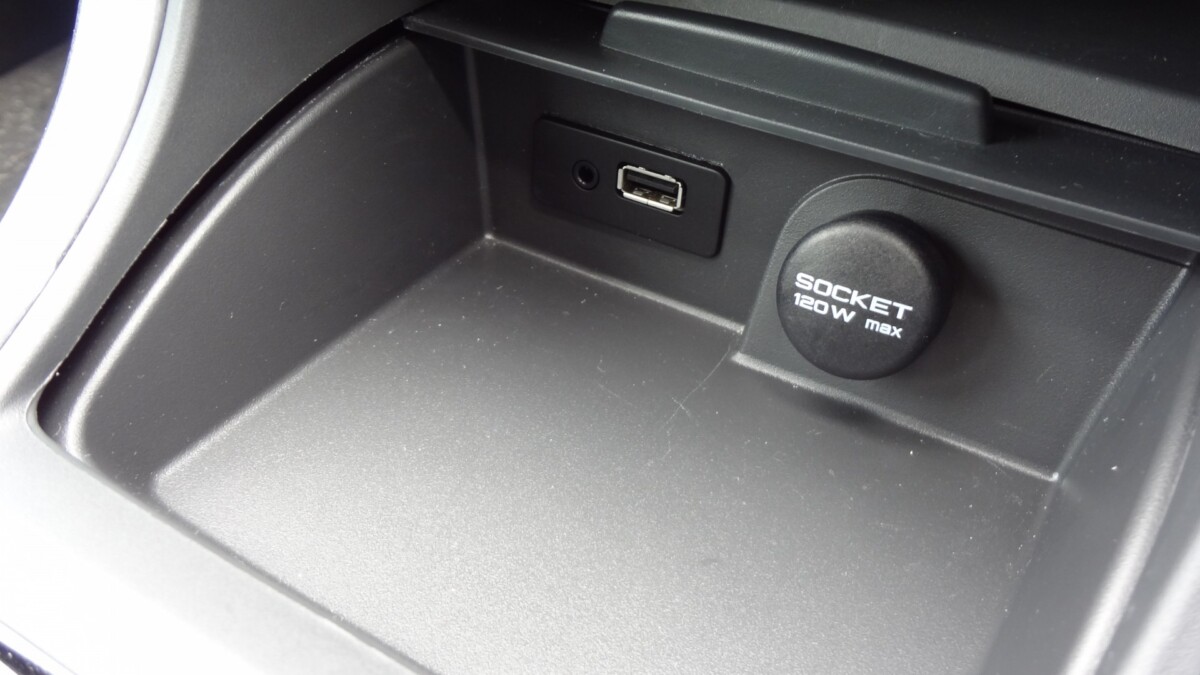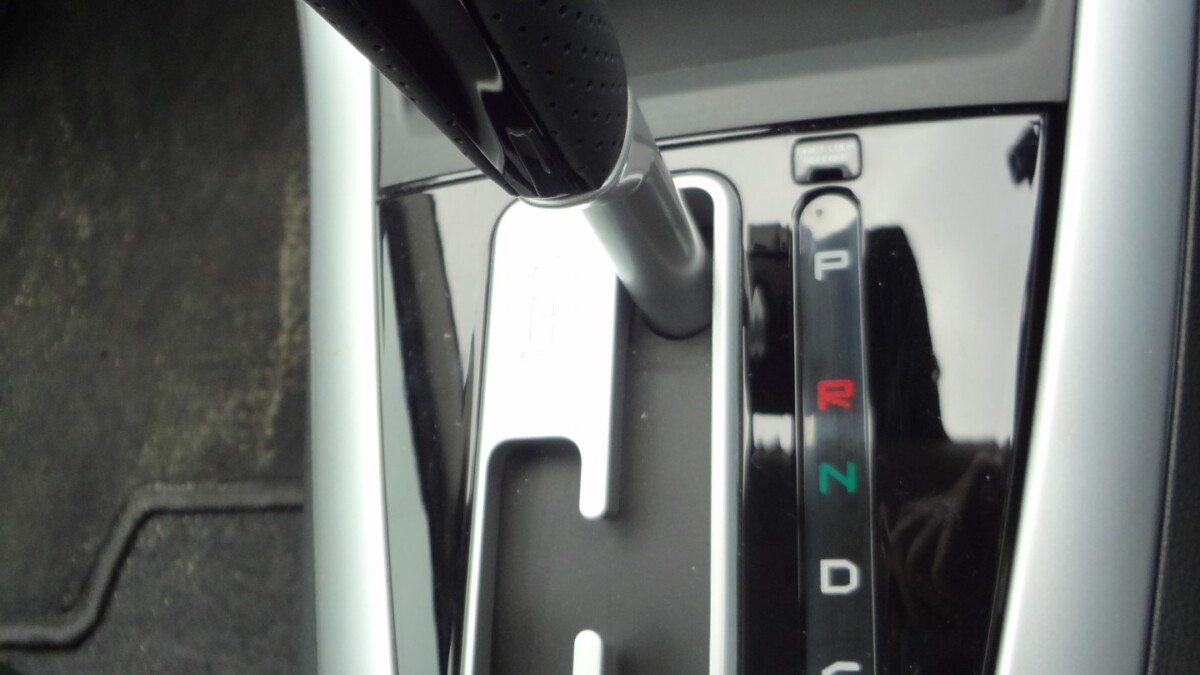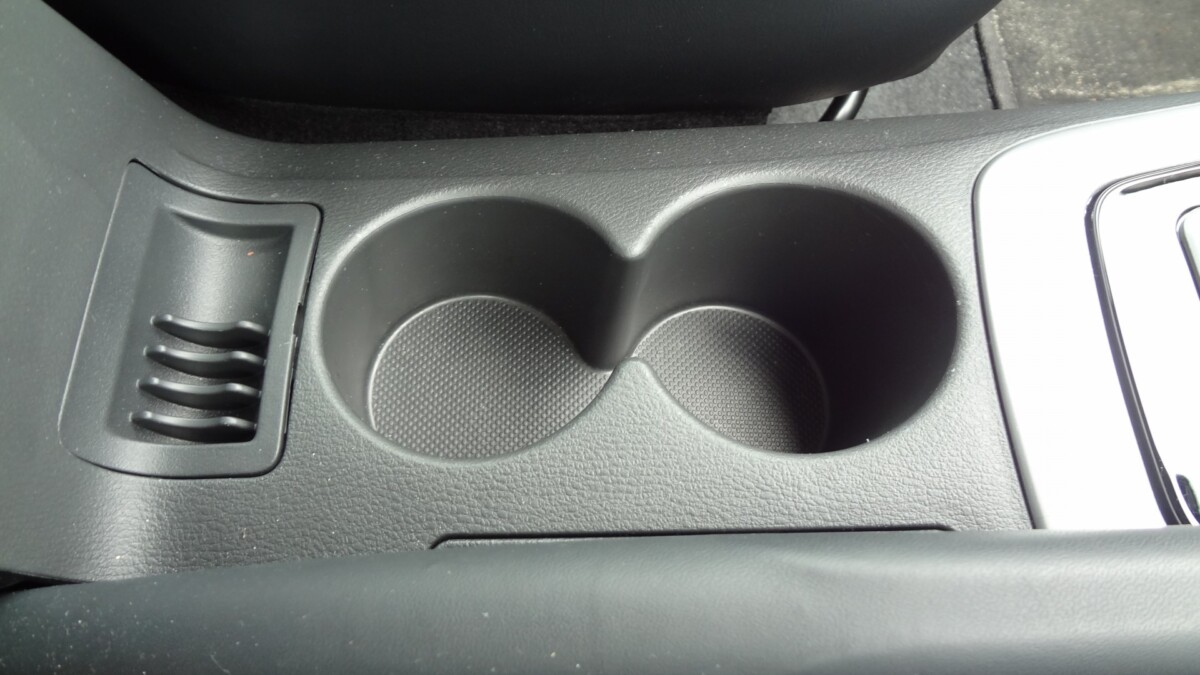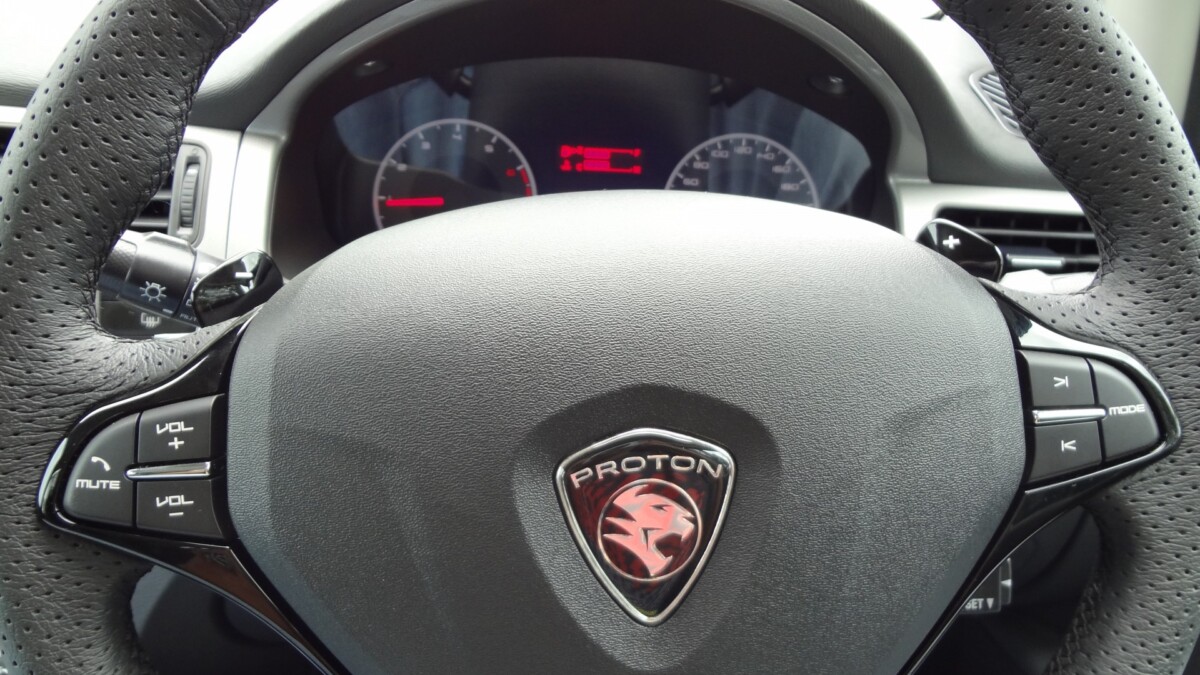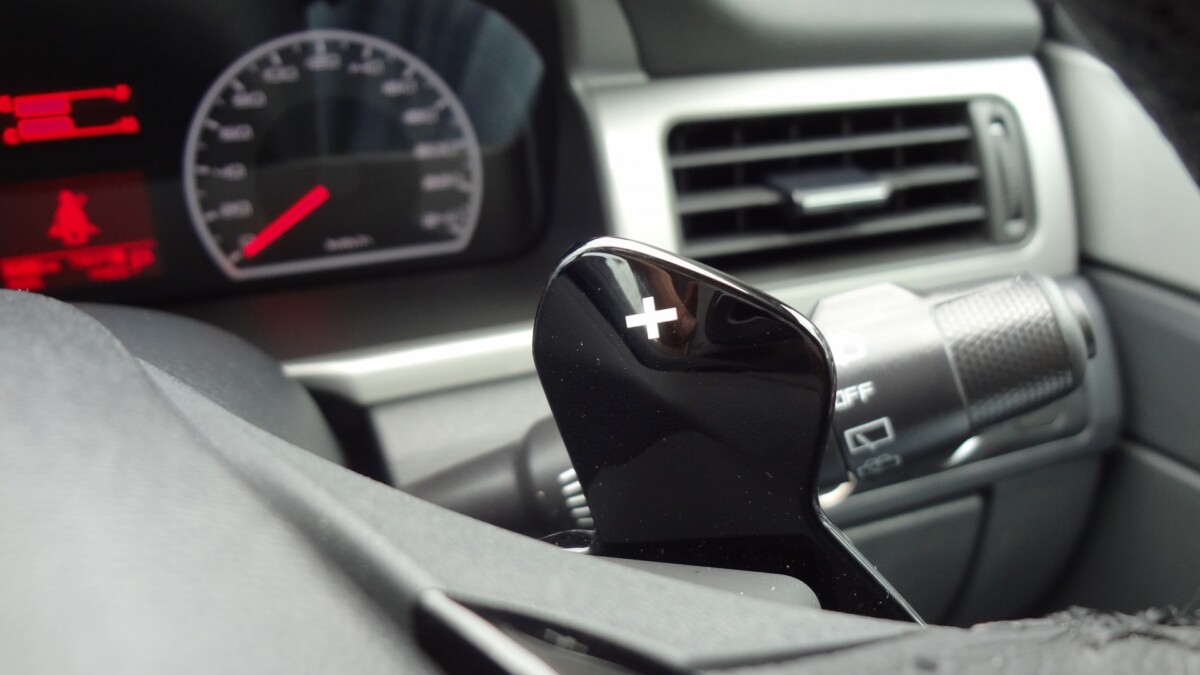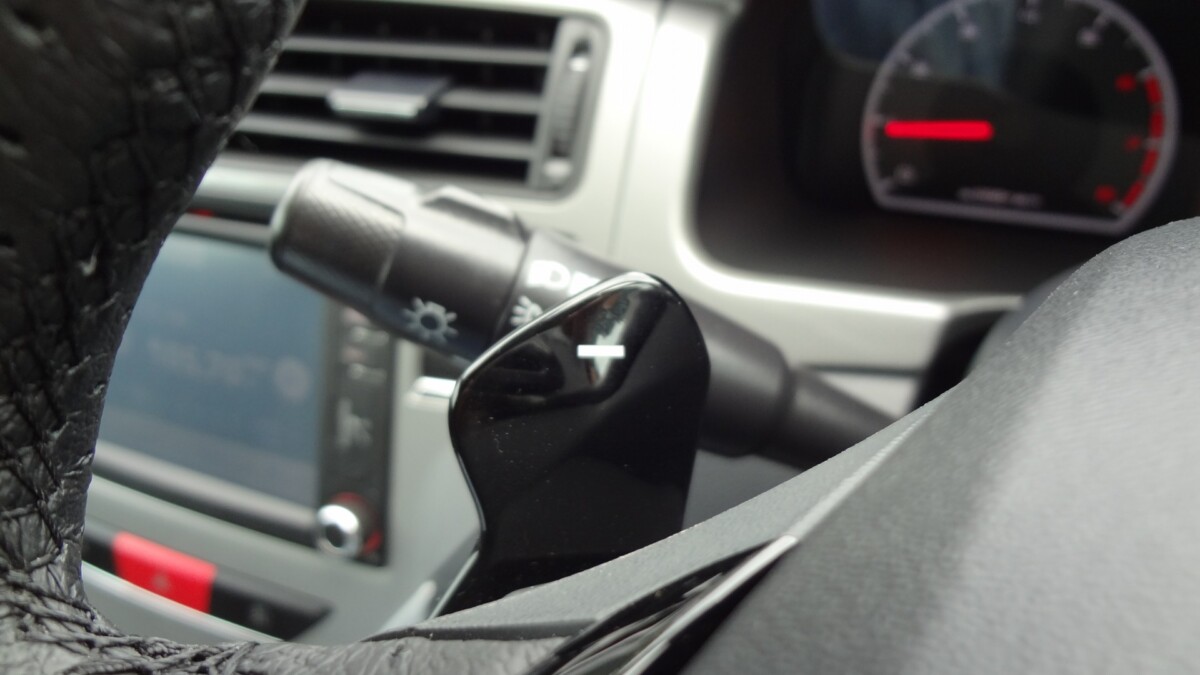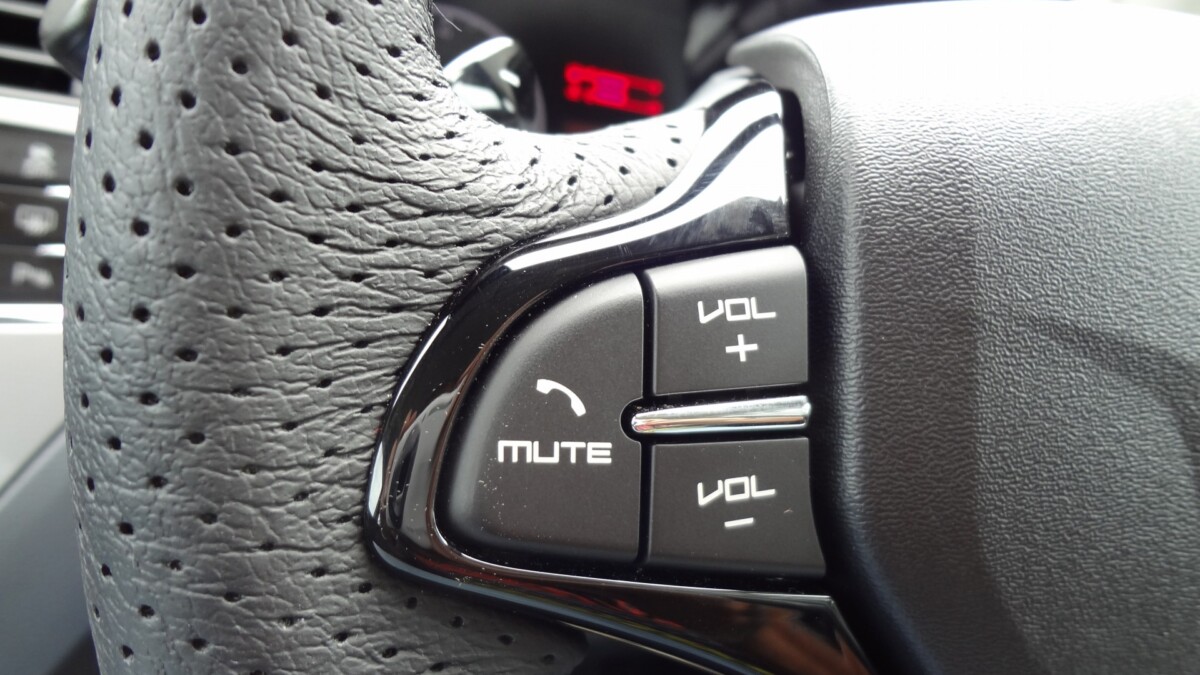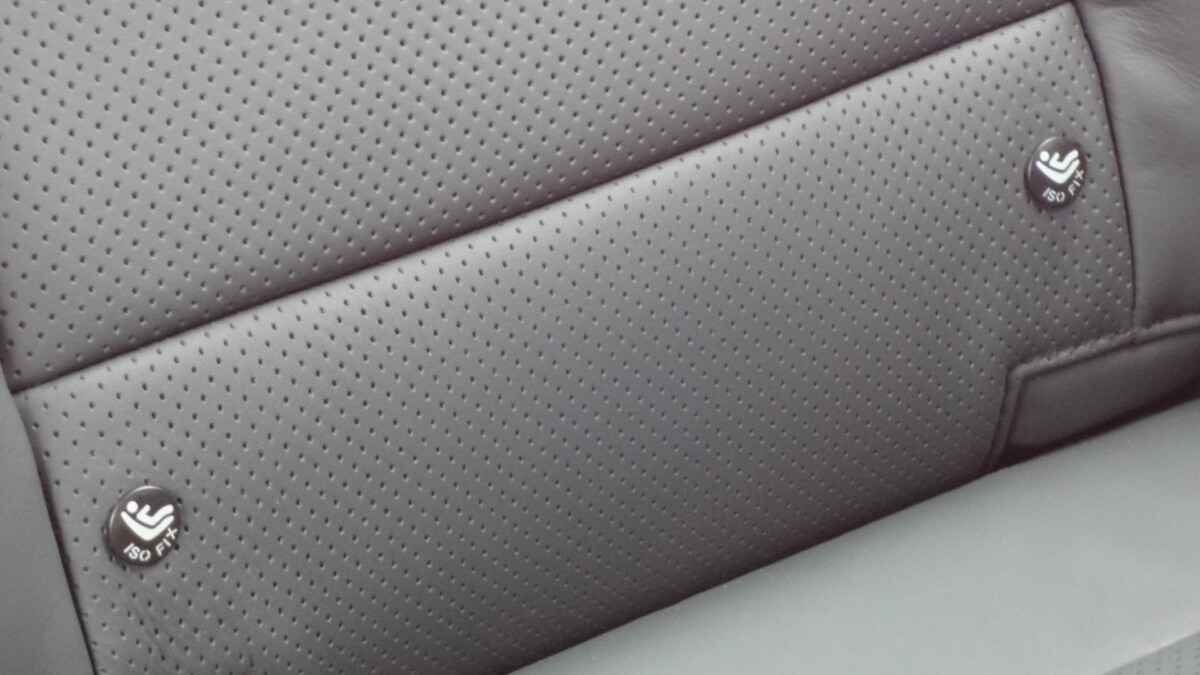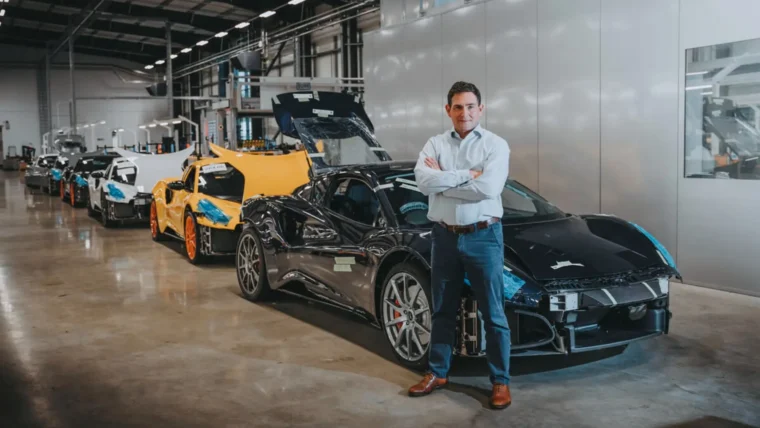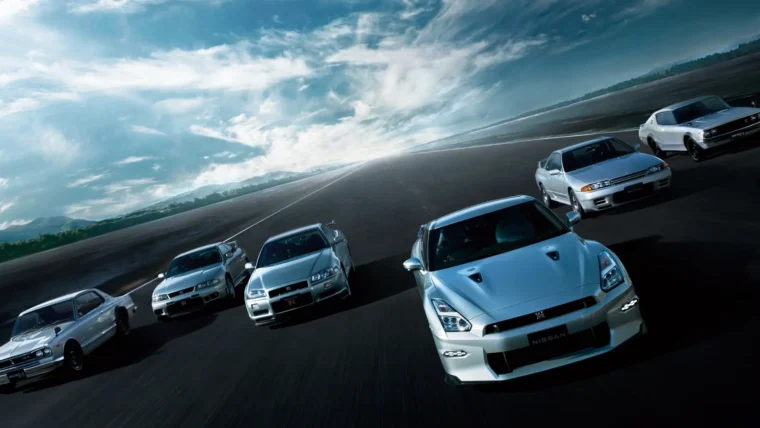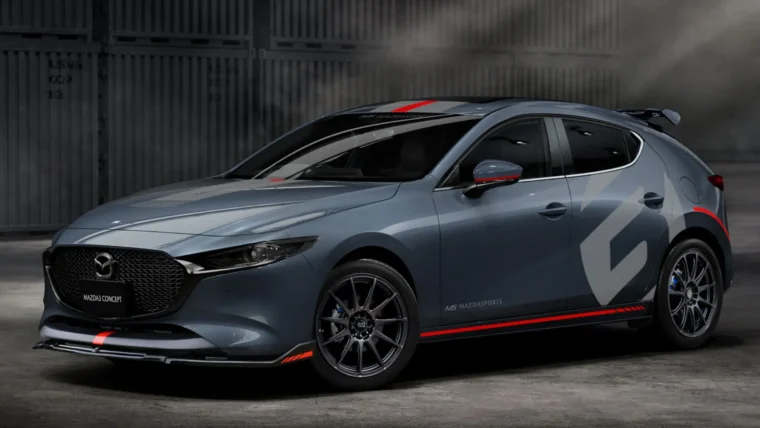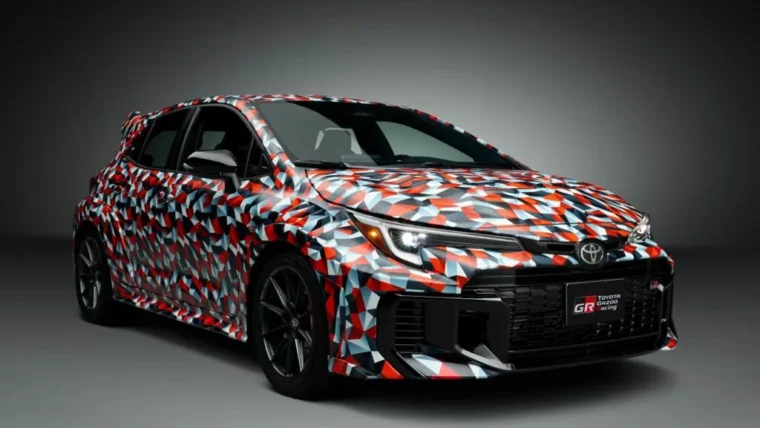Some of you are going to think I’m lying through my teeth right now, but I’ve had EIGHT Protons in my life. Since I started driving (legally) at the age of 17, I’ve had – cast in order of appearance – a Saga Megavalve 1.3, Saga Iswara 1.3, Satria GTi, Wira 1.6 Millennium, Perdana 2.0 SEi, Waja 1.6, Iswara 1.5 Auto and a Wira 1.5 Auto (don’t ask). Of the lot, hands-down the best Proton I’d ever owned was the Satria GTi. I’m sure many of you would agree with me on this.
The other really great Proton was the Putra (I sense a vast majority of you nodding your heads right now), but sadly for a car company to produce only two noteworthy cars in a quarter century of carmaking is nothing short of a travesty. Proton is unfortunately plagued by something that’s one of the most difficult obstacles to overcome; negative consumer mindset. Changing someone’s mind is easy, changing a mindset is almost impossible.
I really don’t think I need to go into lurid detail as to why this is the case, the follies and shortcomings have been well documented in the past, and having owned the abovementioned eight variants, I can attest that most of the criticisms levied on our first national carmaker are unfortunately true. But let’s not dwell on the past for too long, because I’ve always believed that while there’s nothing you can do about what’s already happened, there’s always a chance to change what’s going to happen, which leads us nicely to the Suprima S.
This car is a game-changer for our first national carmaker. It is said to embody all that’s been learned over the years based on feedback from customers and what Proton has learned about making cars in the last 28 years or so. It’s a very good effort. The 1.6-litre CFE engine, which churns out 140bhp and 205Nm of torque, is mated to seamless a 7-speed CVT. The ride and handling has been tweaked by Lotus, and the result is a firm and reassuring, yet somehow supple ride.
This is a Lotus trait if there ever was one, and I recall my previous GTi having the same ride and handling characteristics. Although not pegged as a GTi, the Suprima S does return a very surefooted ride, and I also have no complaints about the prowess of the engine, which although a tad loud at higher revs, was eager and free-revving, not to mention surprisingly quick.
One of the good things that everyone can agree on about Proton cars is the air-con (yup, I sense some nodding going on again) and the climate control in the Suprima S really is no exception. It does a remarkable job of cooling down a hot interior, and it also seems that Proton has taken care of the dreaded power-window issue that’s plagued past models. The ones in the Suprima are big and easy to use, in fact they’re very conventional, and in this case that’s a good thing.
But as with previous models, the otherwise ergonomically sound interior is completely let down by sub-standard plastics. The components are all very well placed and user friendly – and I’m sure they looked brilliant on the design sketch – but when it came to actually making the said components, I reckon a better job could have been done.
There’s a bit of texture to ‘mask’ what’s essentially cheap plastic, and brushed alloy-like inserts to alleviate some of the monotony, but there’s no tactile feel whatsoever. In short and not to belabour the subject, the plastics in the Suprima still feel cheap. Seam lines are also visible through ill-fitting panel gaps. This is an issue that’s been a thorn in Proton’s side for more than a decade, and while I fully admit that overall the Suprima S is a definite improvement over the likes of the Gen.2, it’s still not up to par with the kind of competition it hopes to take on, on a level playing field. For this kind of money, it should be damn near perfect or at least at par with the offerings from Japan, and these days, Korea too.
All in all as I mentioned earlier, it’s a very good effort by our first national carmaker. The Suprima S is loaded with kit, as well as active and passive safety systems, and for that plaudits must be given. But in doing so, they’ve (perhaps inadvertently) encroached into a price bracket and segment that’s dominated by the Japanese. This is perhaps the first car that’s a serious contender in this segment, a segment that demands value for money and borderline perfection. I for one am really keen to know how it’s received.
Specs that matter
Engine CamPro in-line 4cyl, turbocharged, MPi, 1561cc
Transmission 7-speed CVT with Paddles
Max power 140bhp @ 5000rpm
Max torque 205Nm @ 2000-4000rpm
Safety 6-airbags, ABS, EBD, Traction Control, Hill-Hold Assist, ISOFIX
Price RM79,988 (metallic) RM79,638 (solid)
Other posts by Chris Wee

